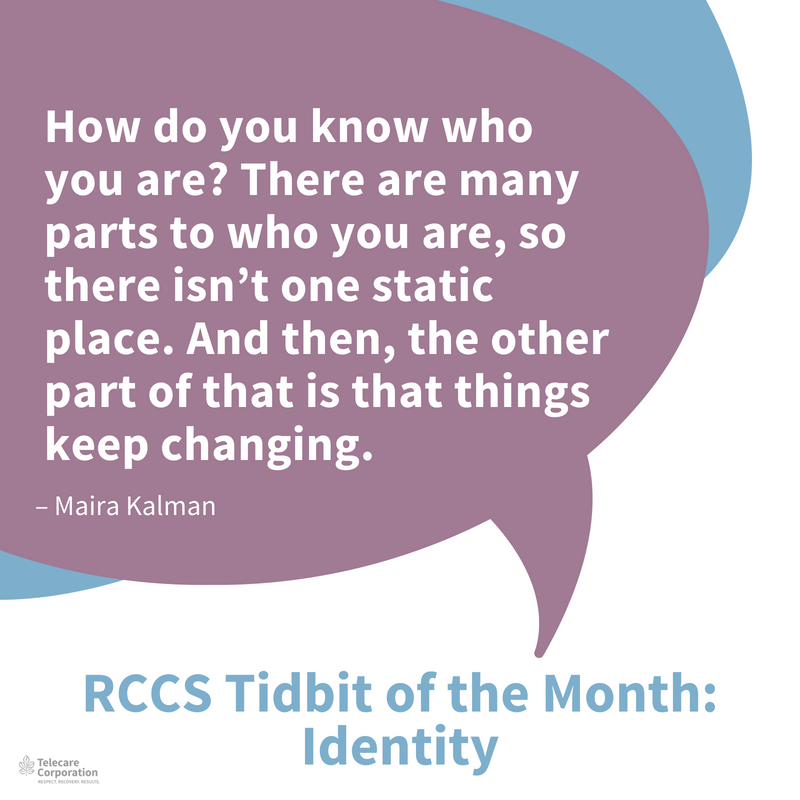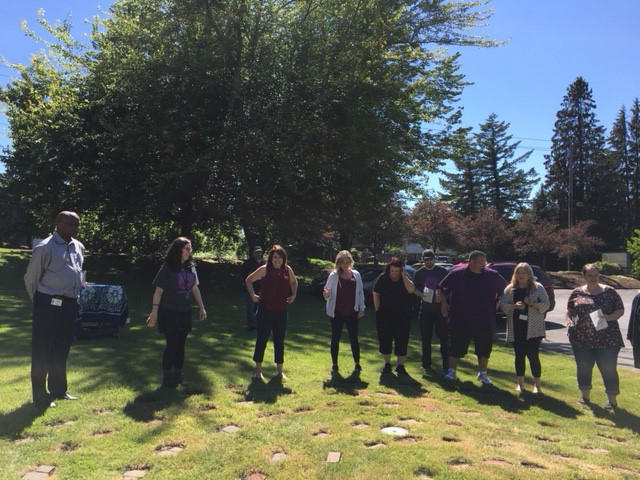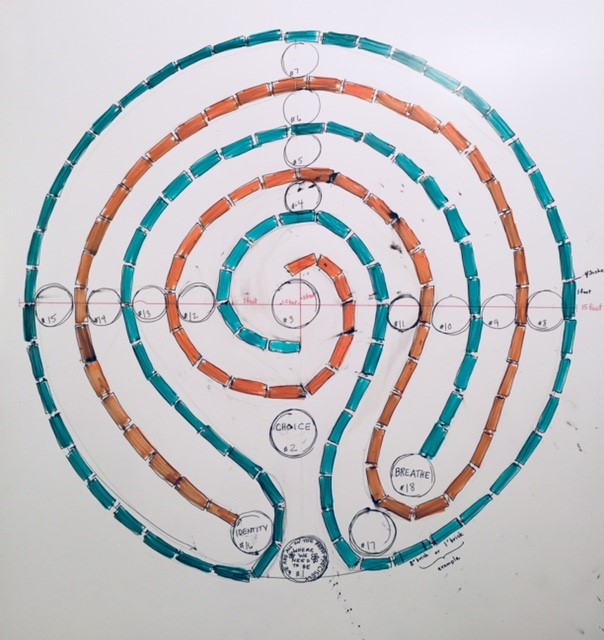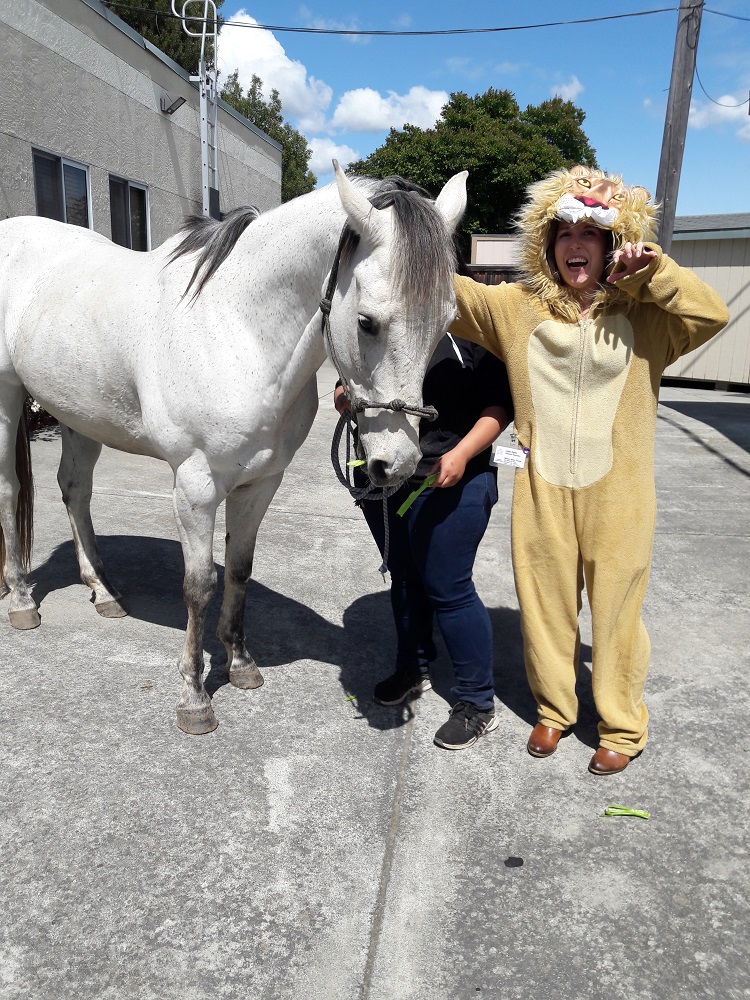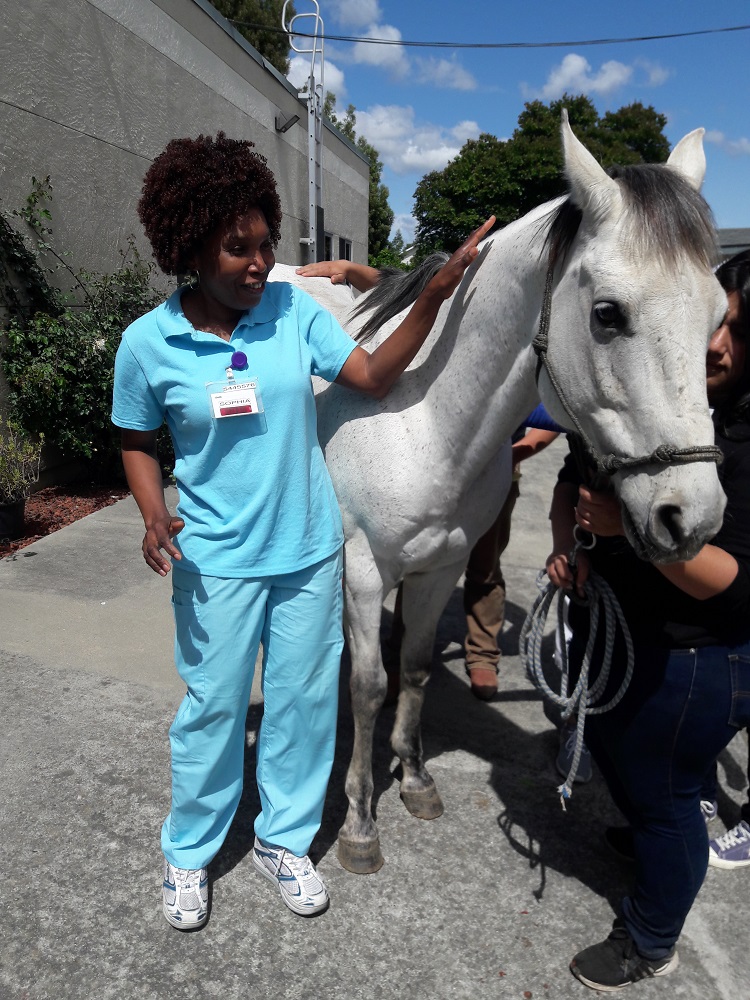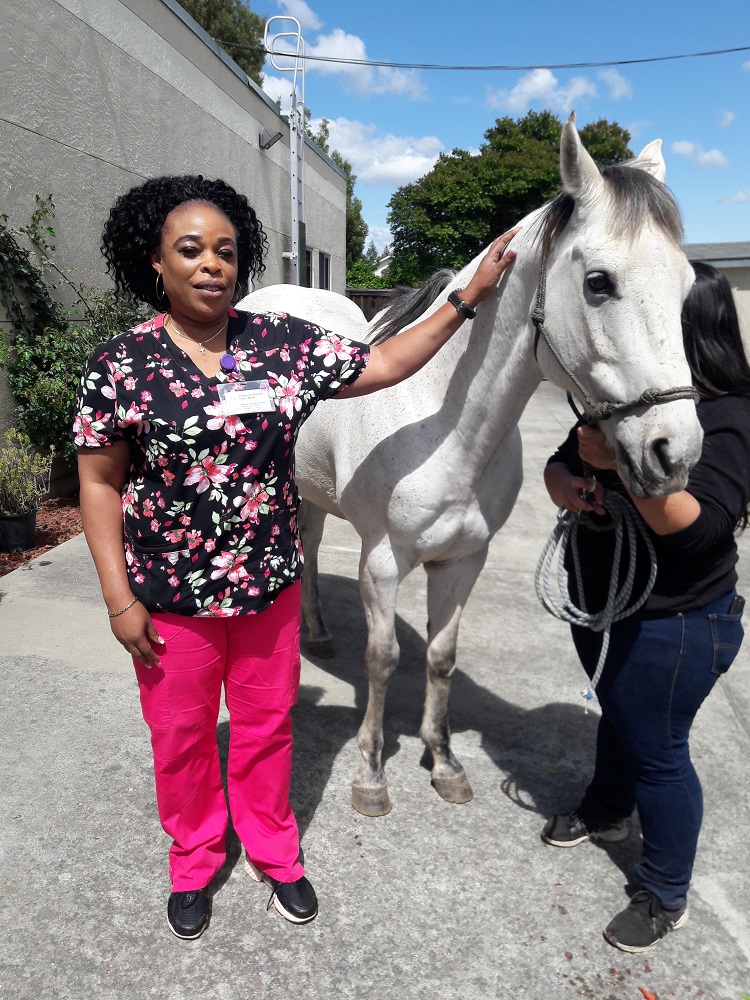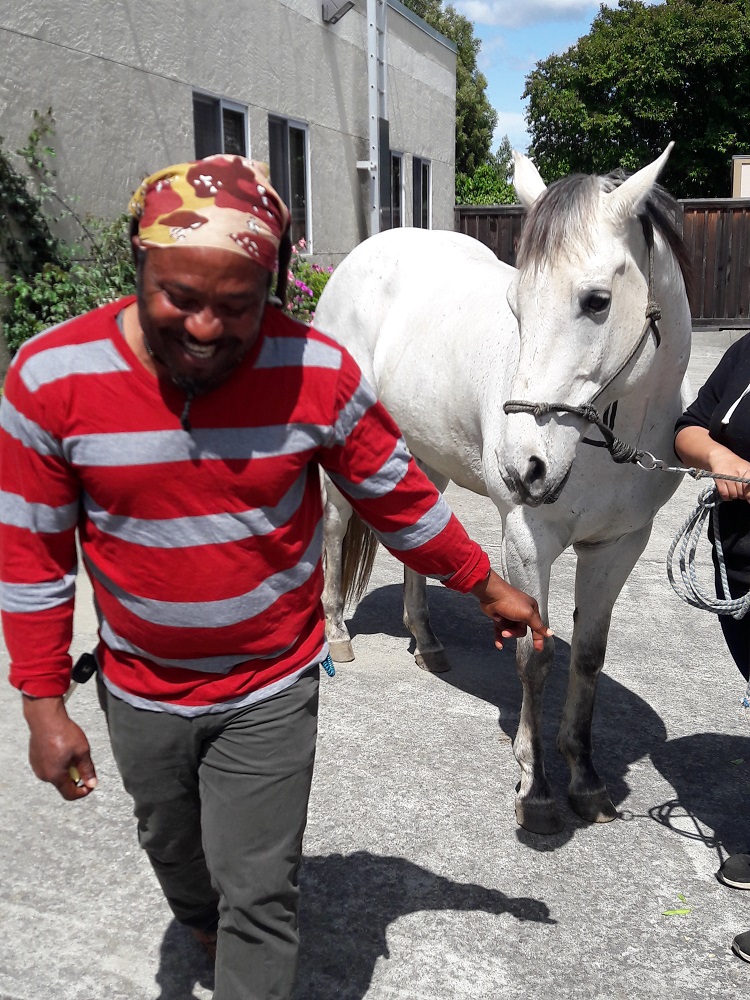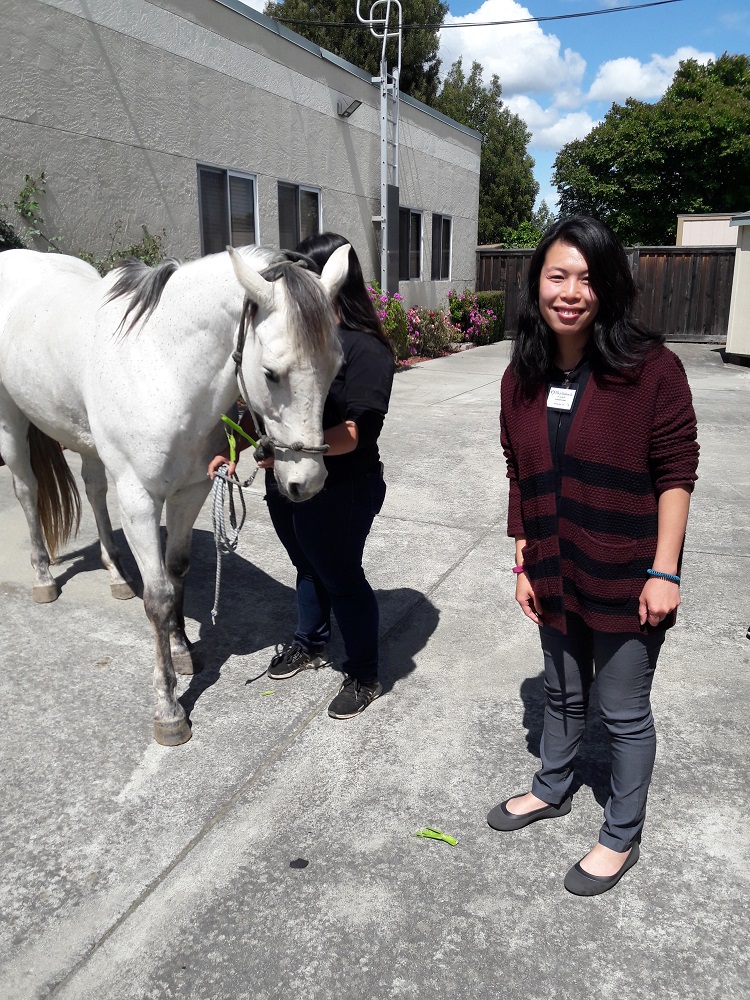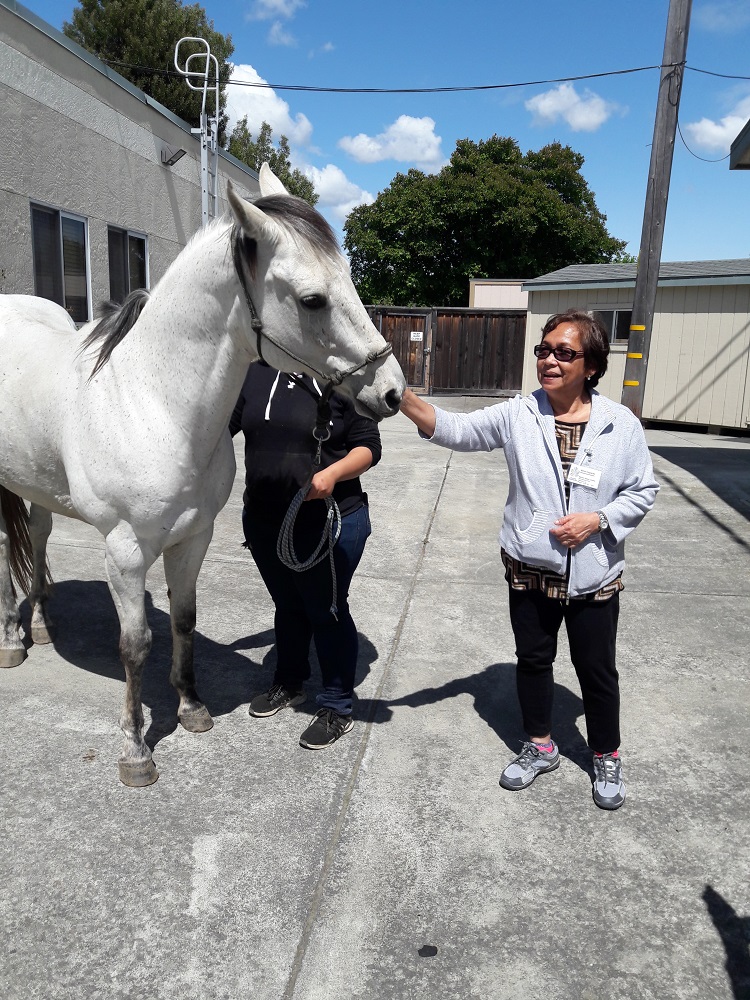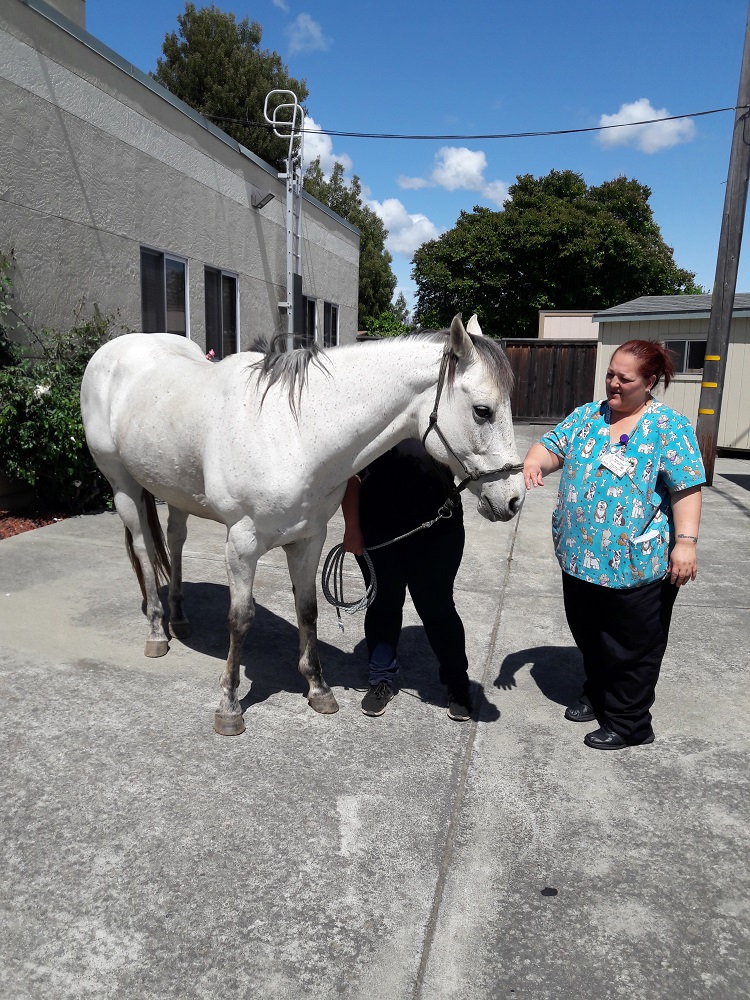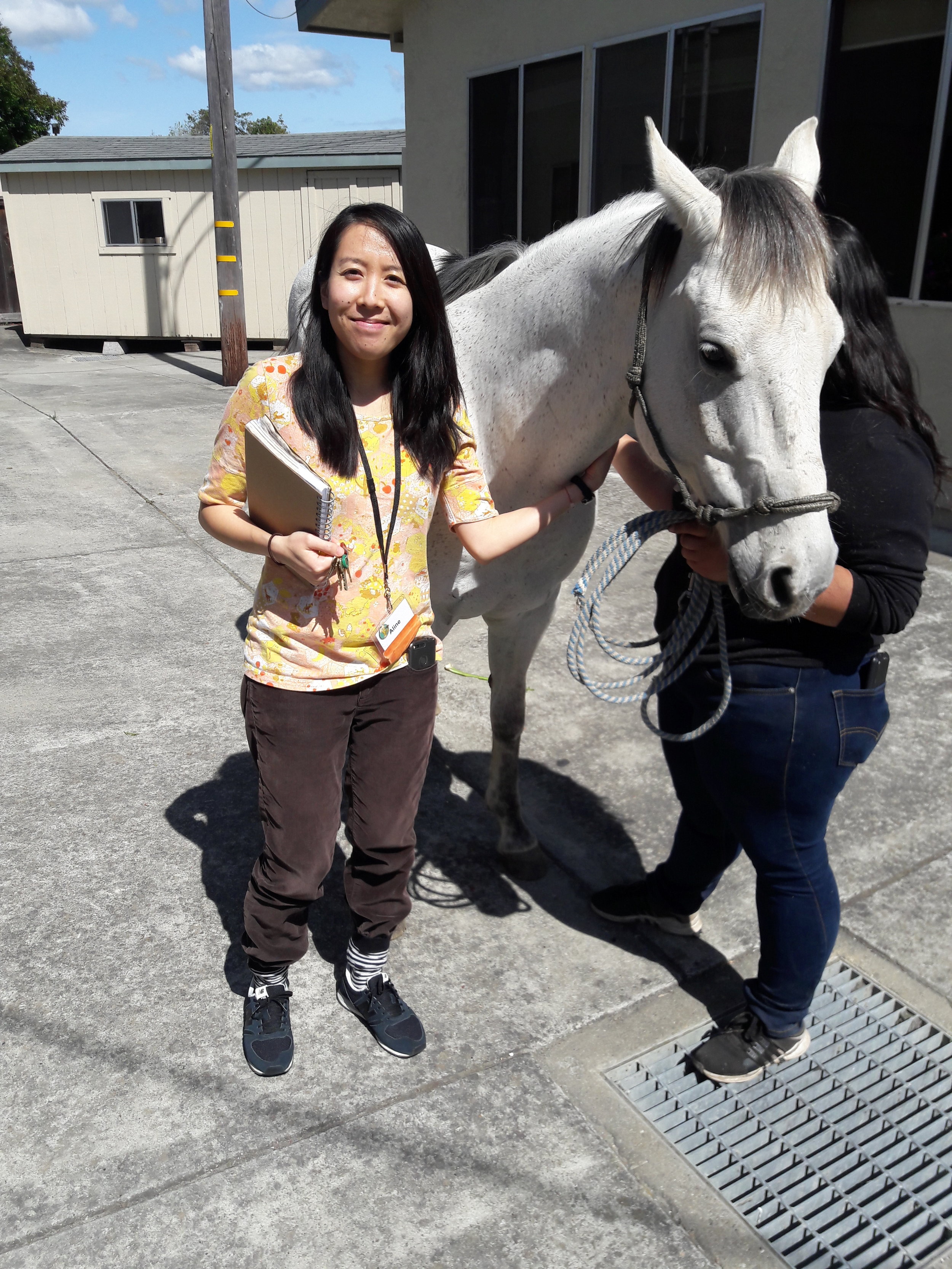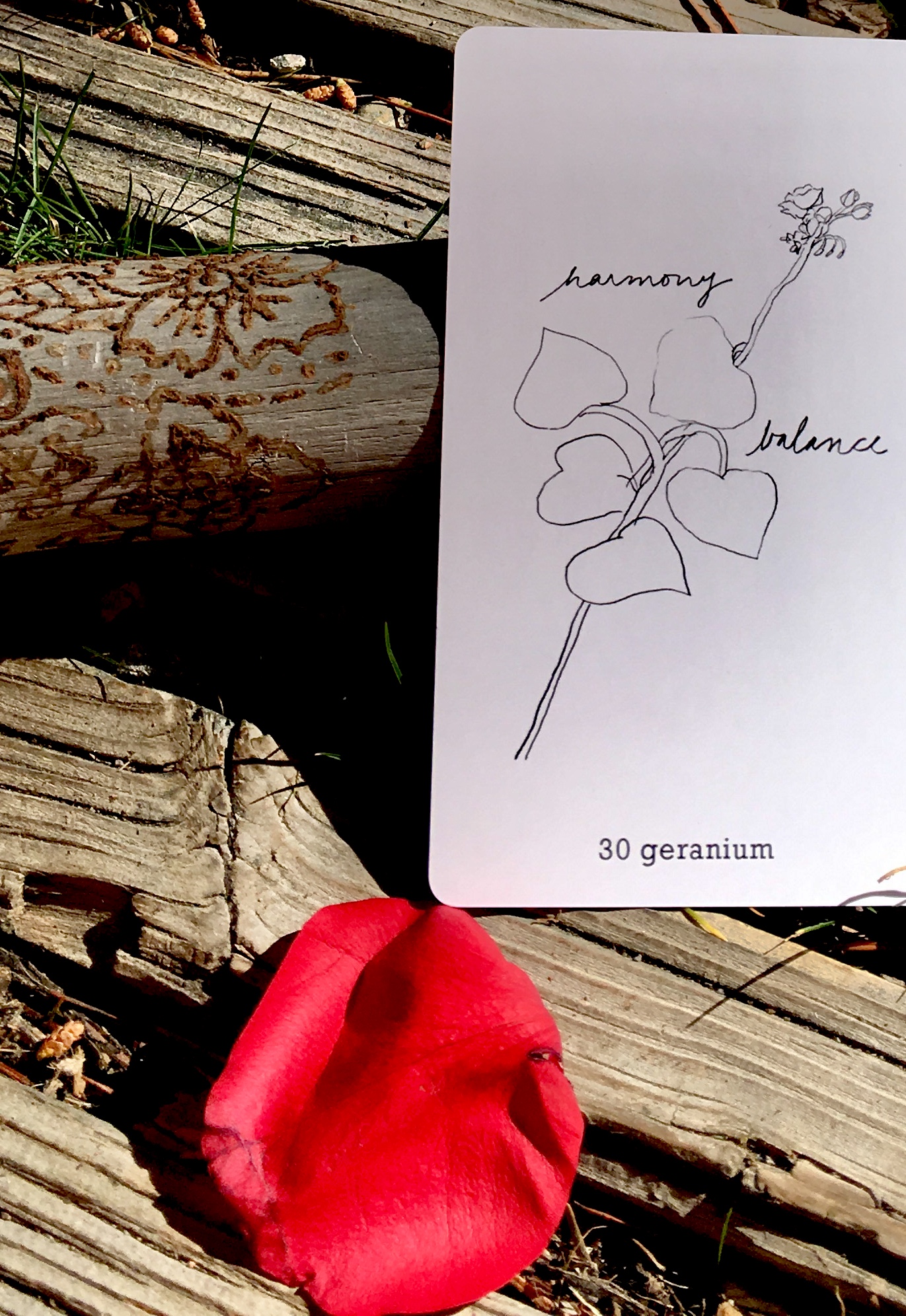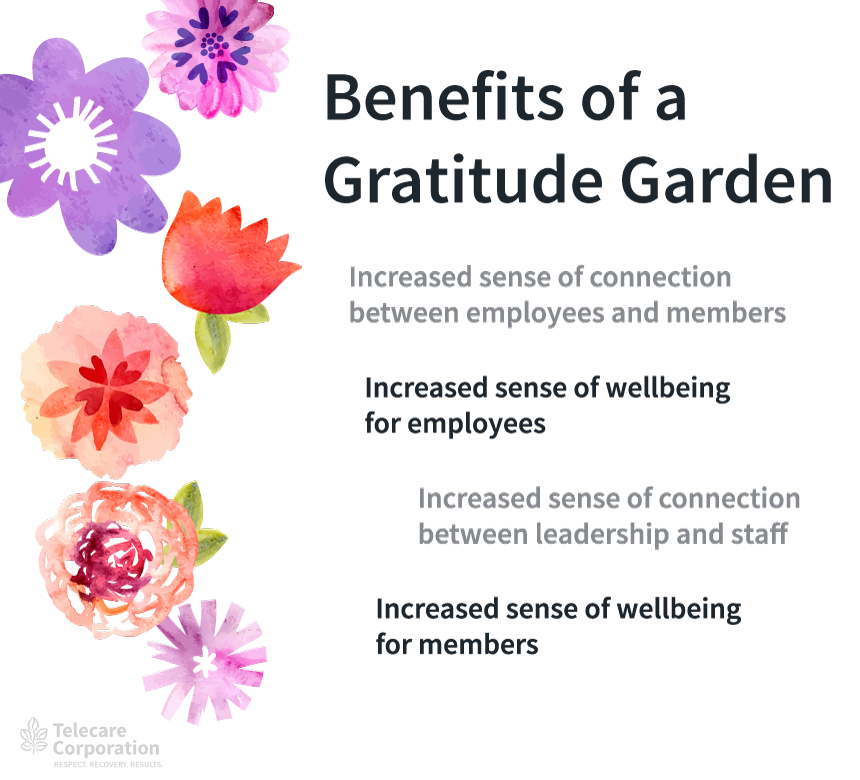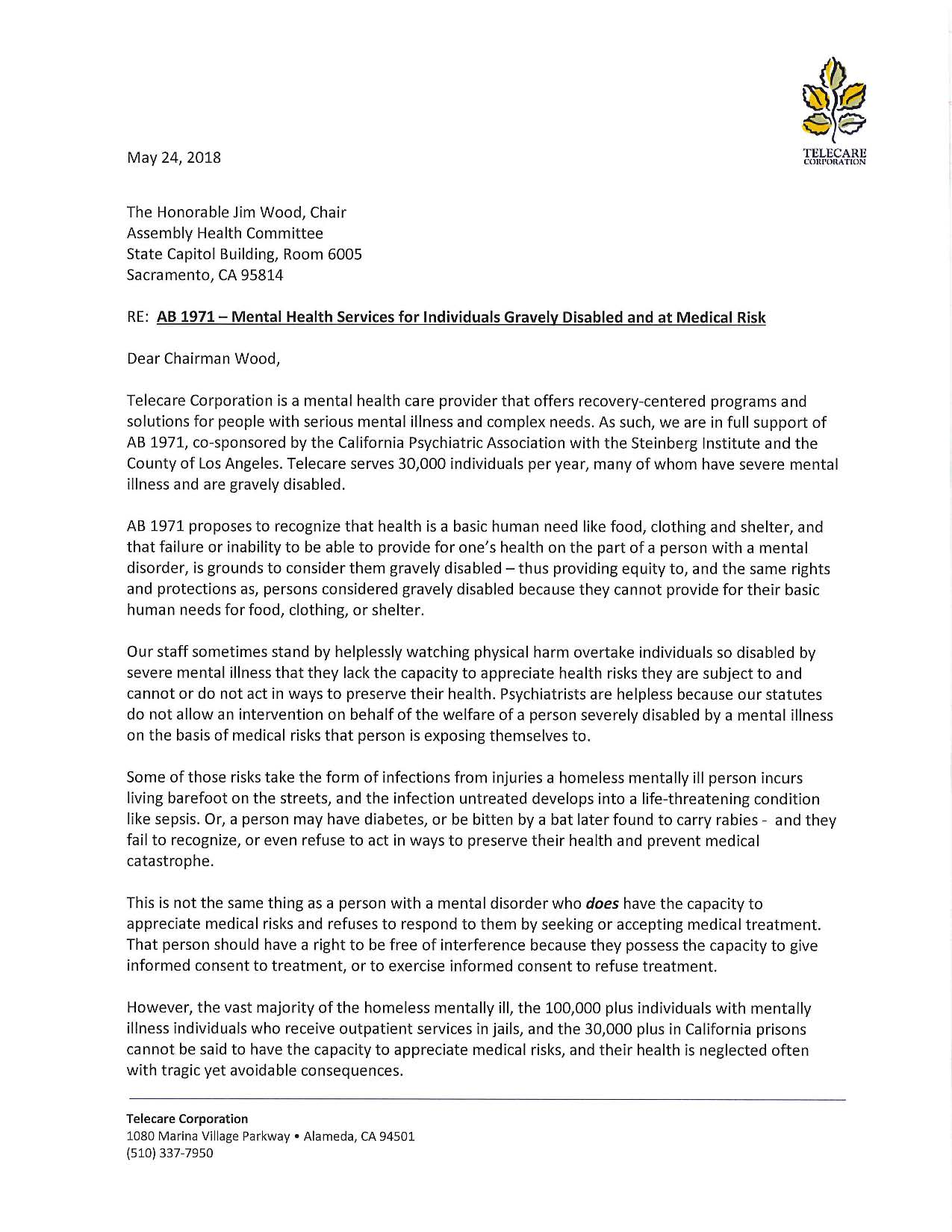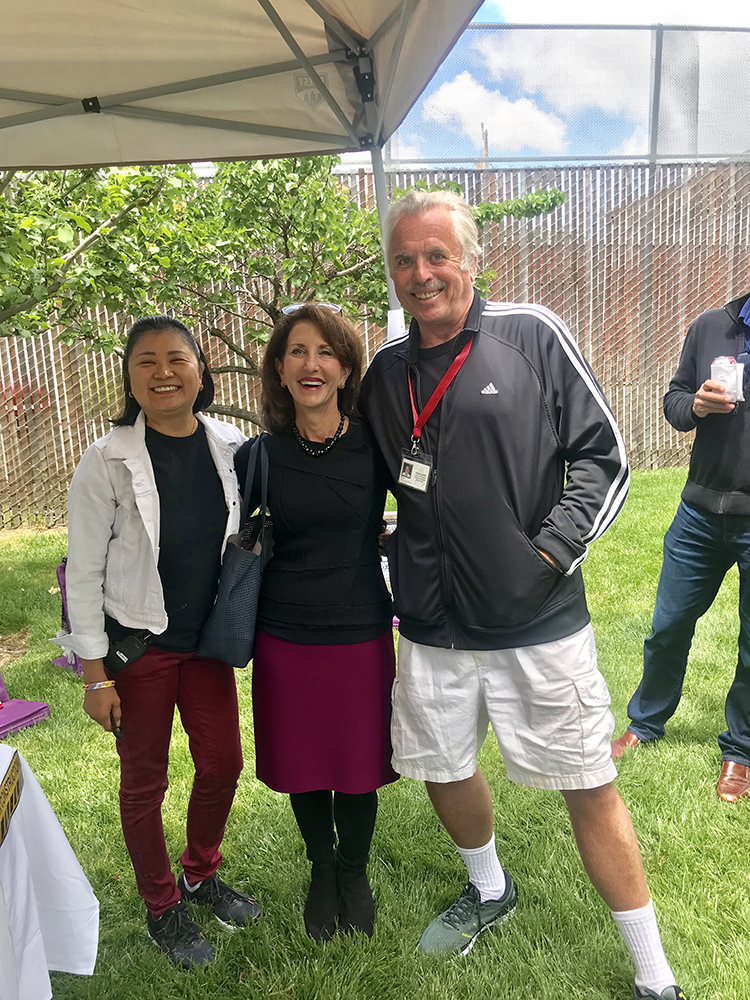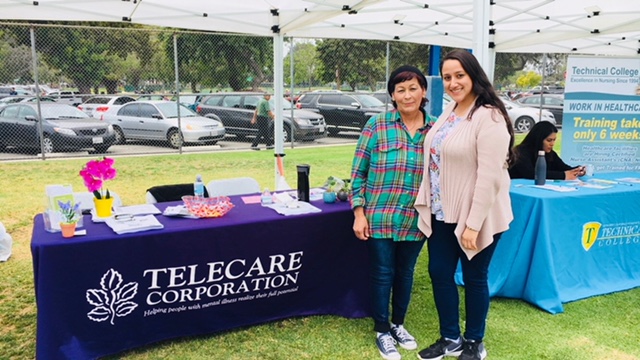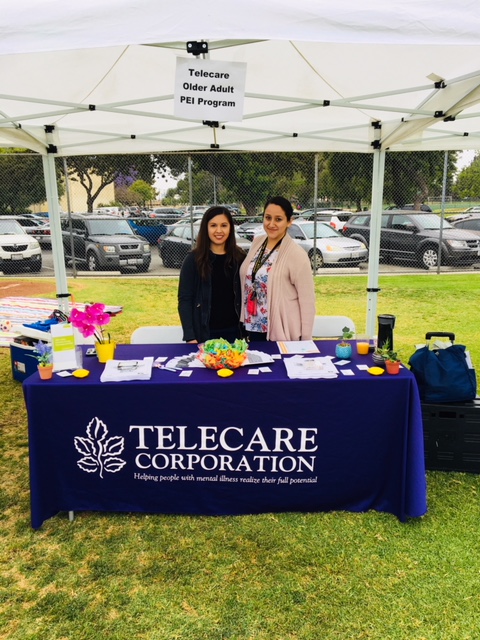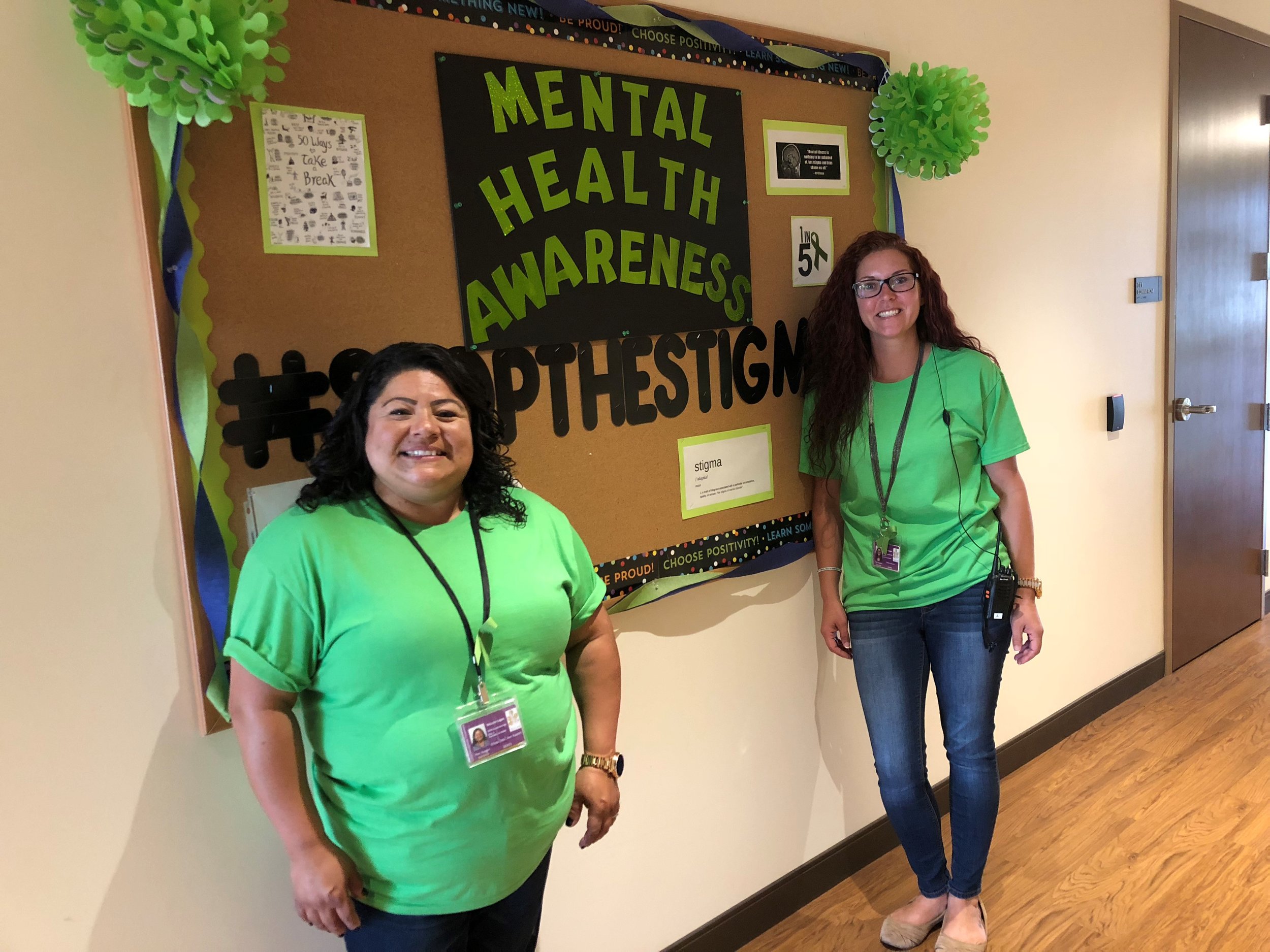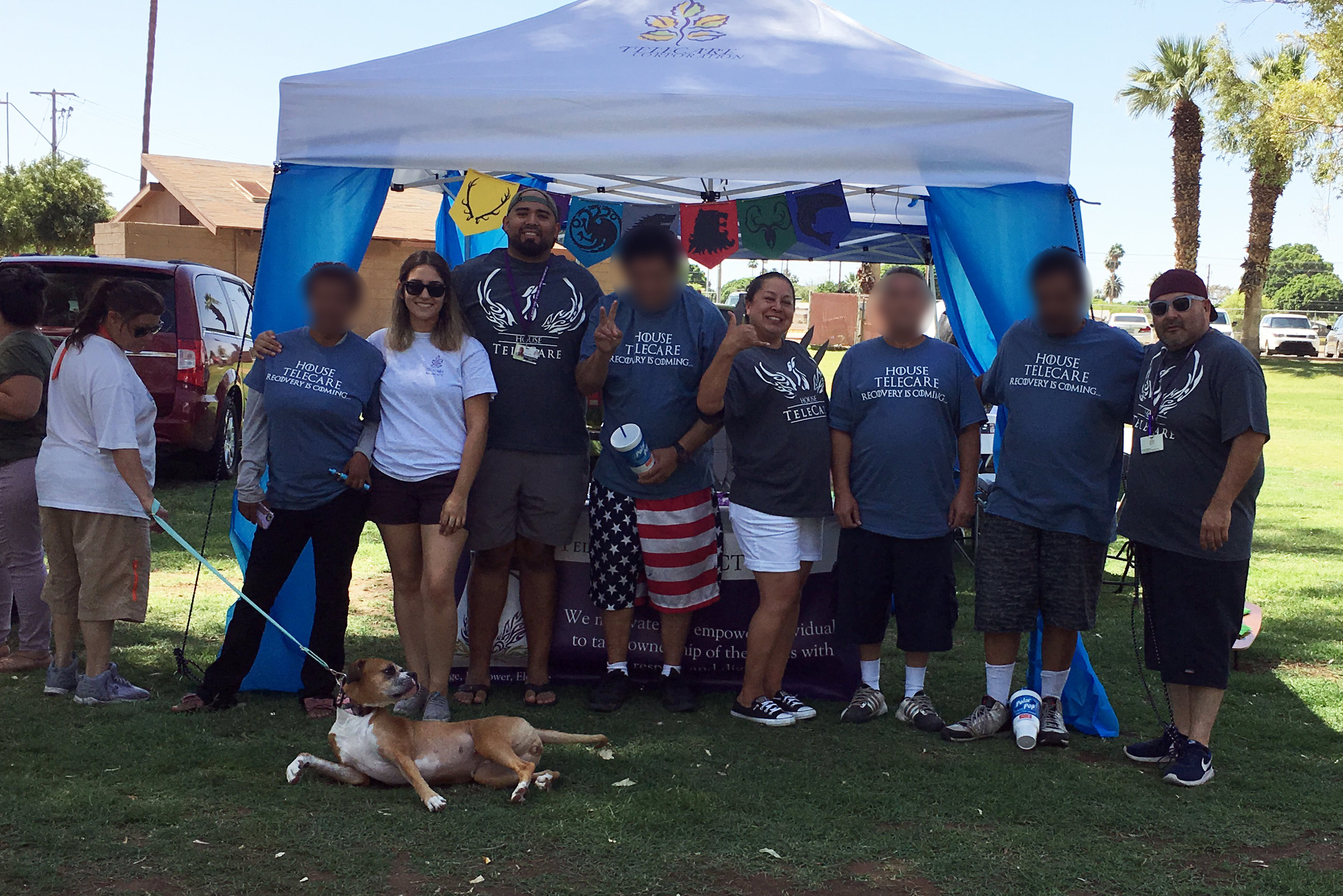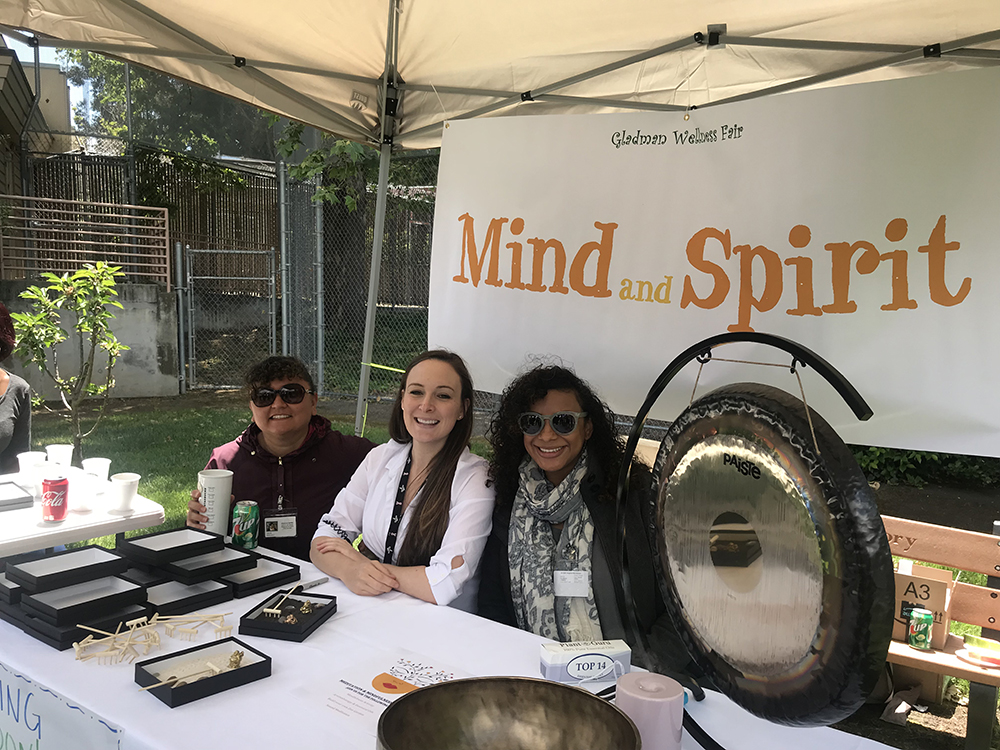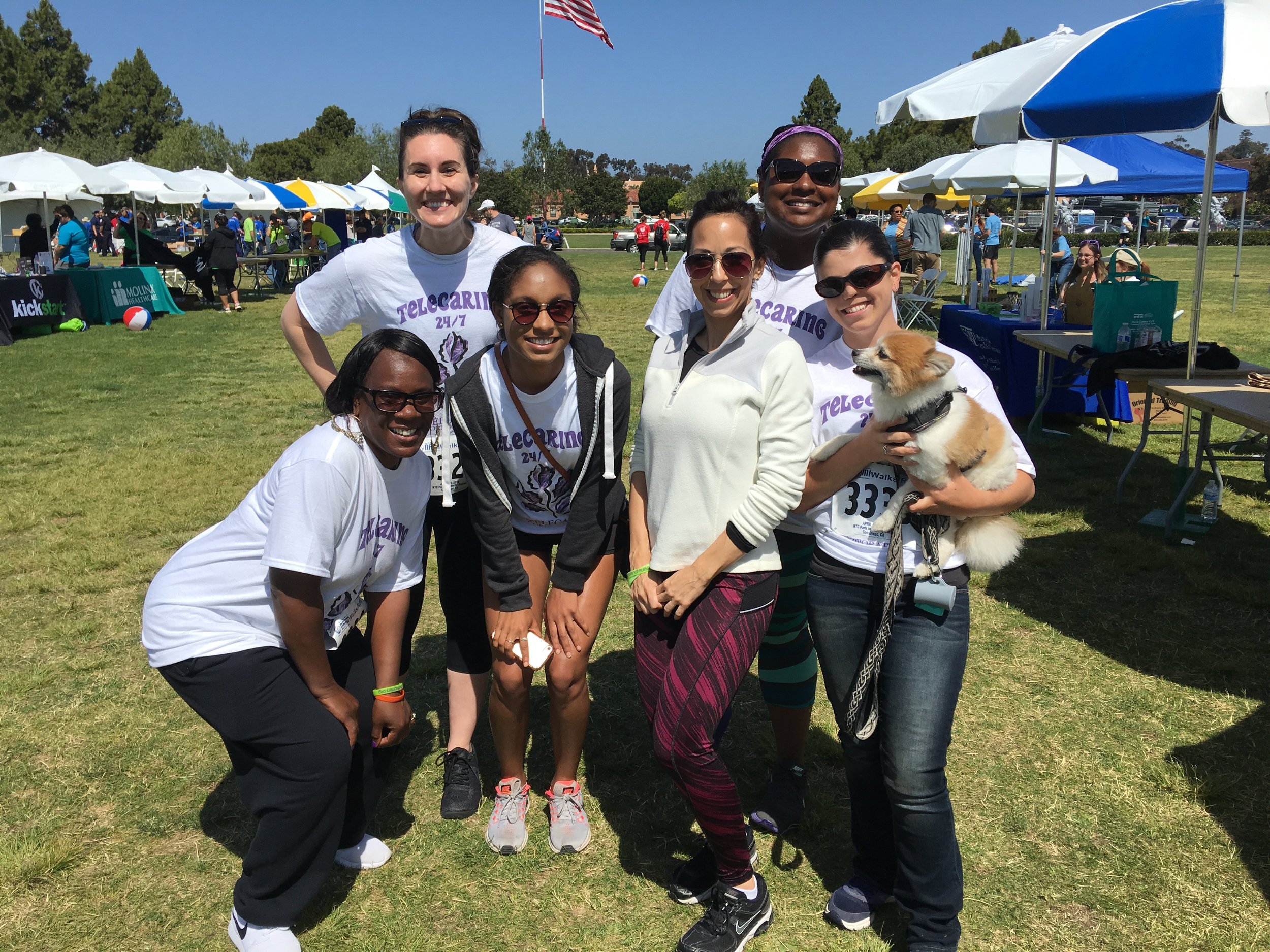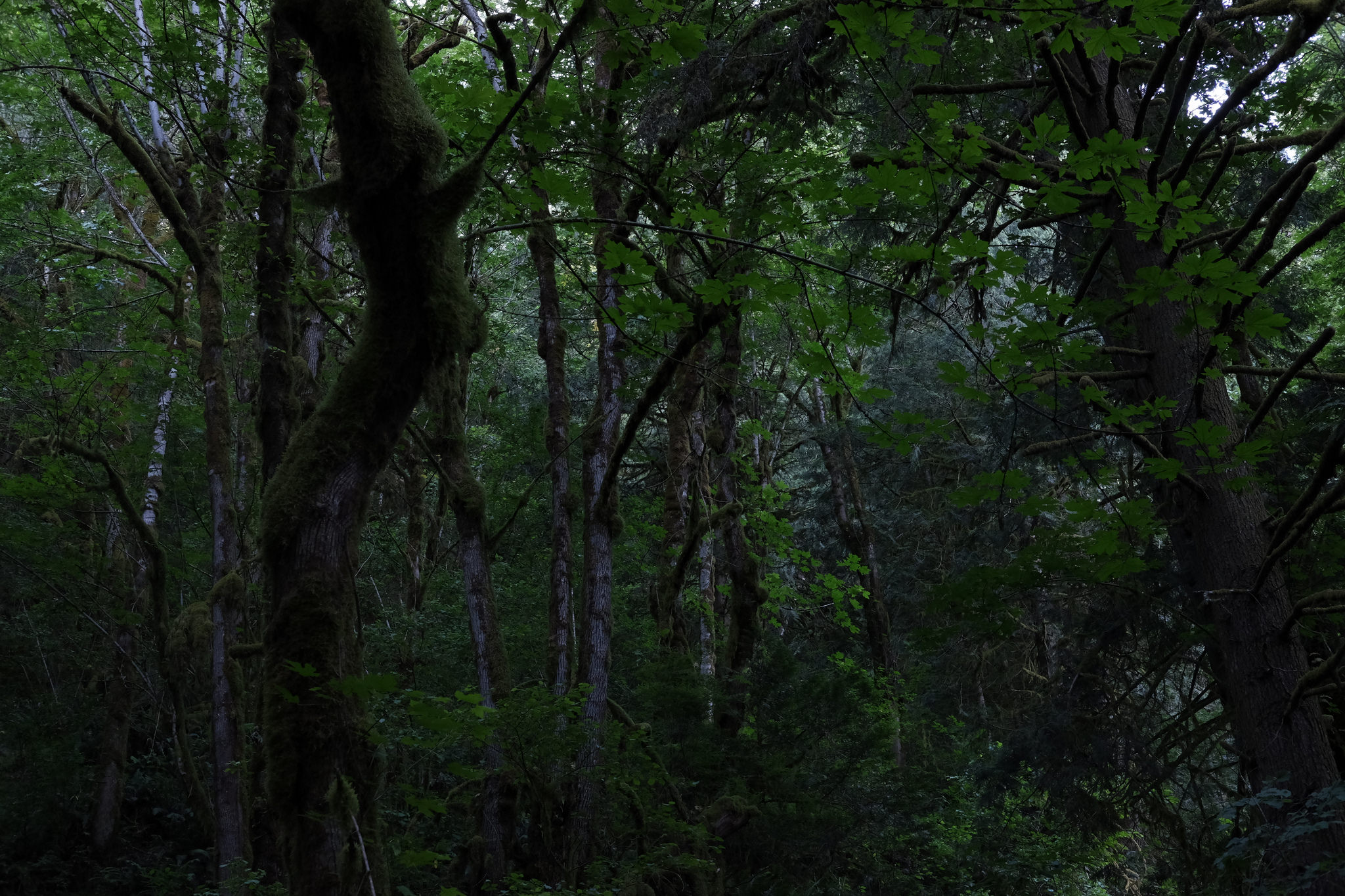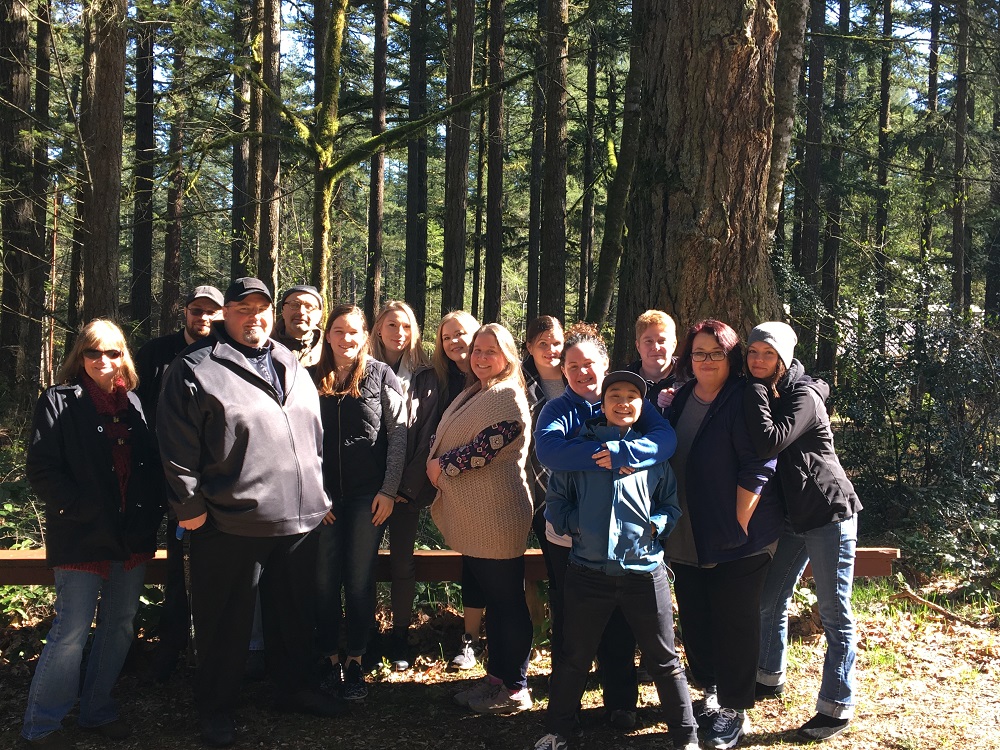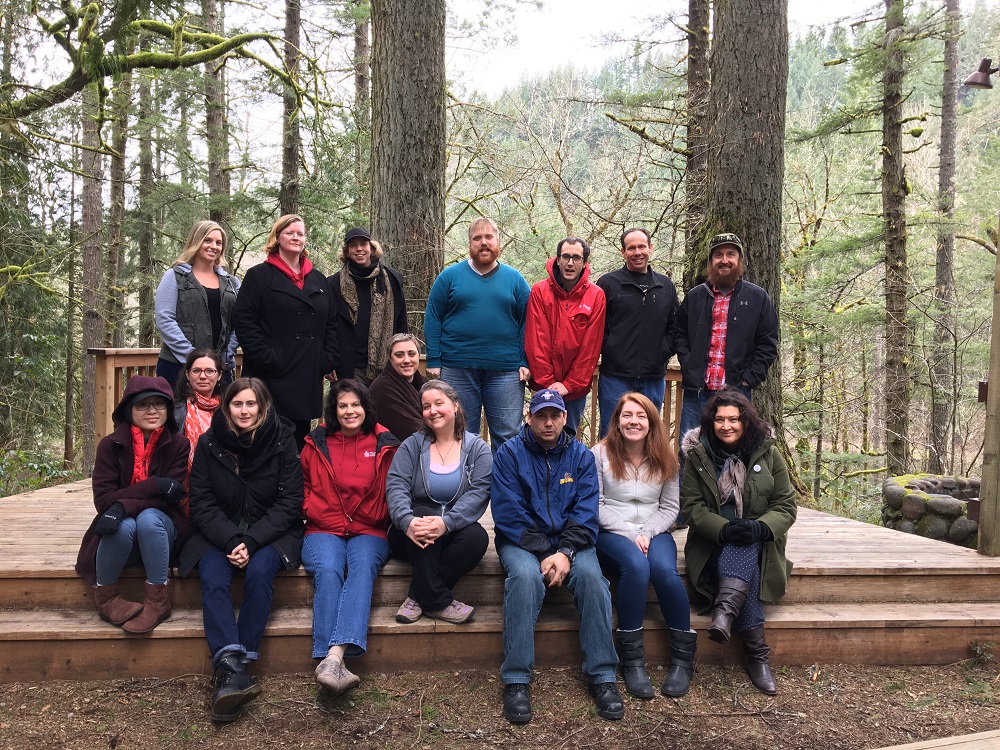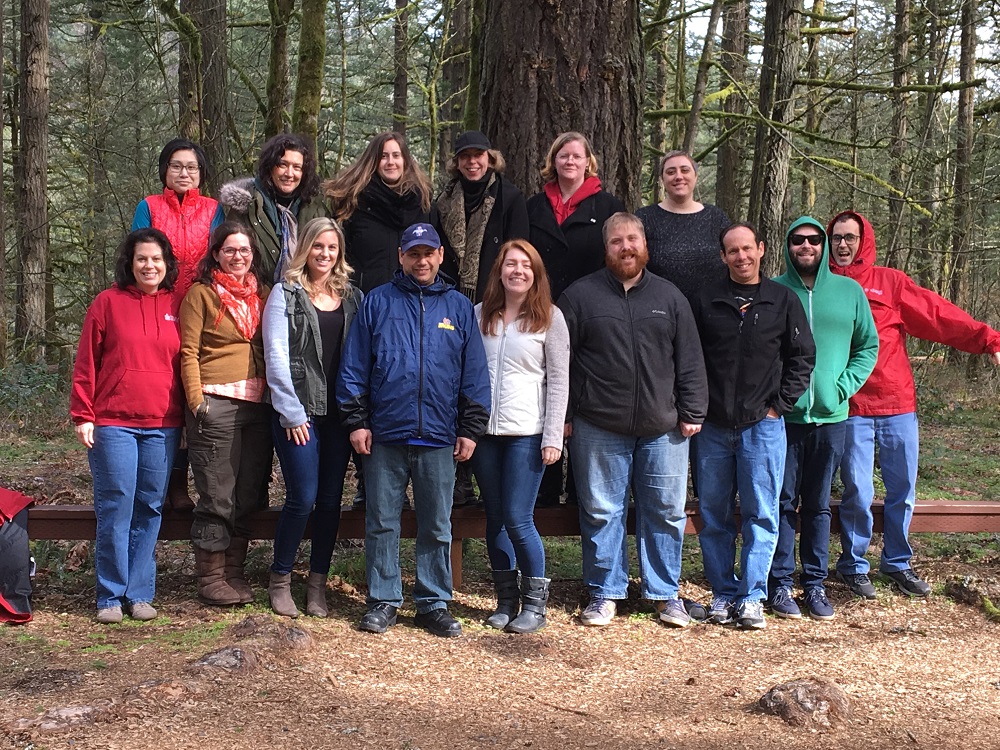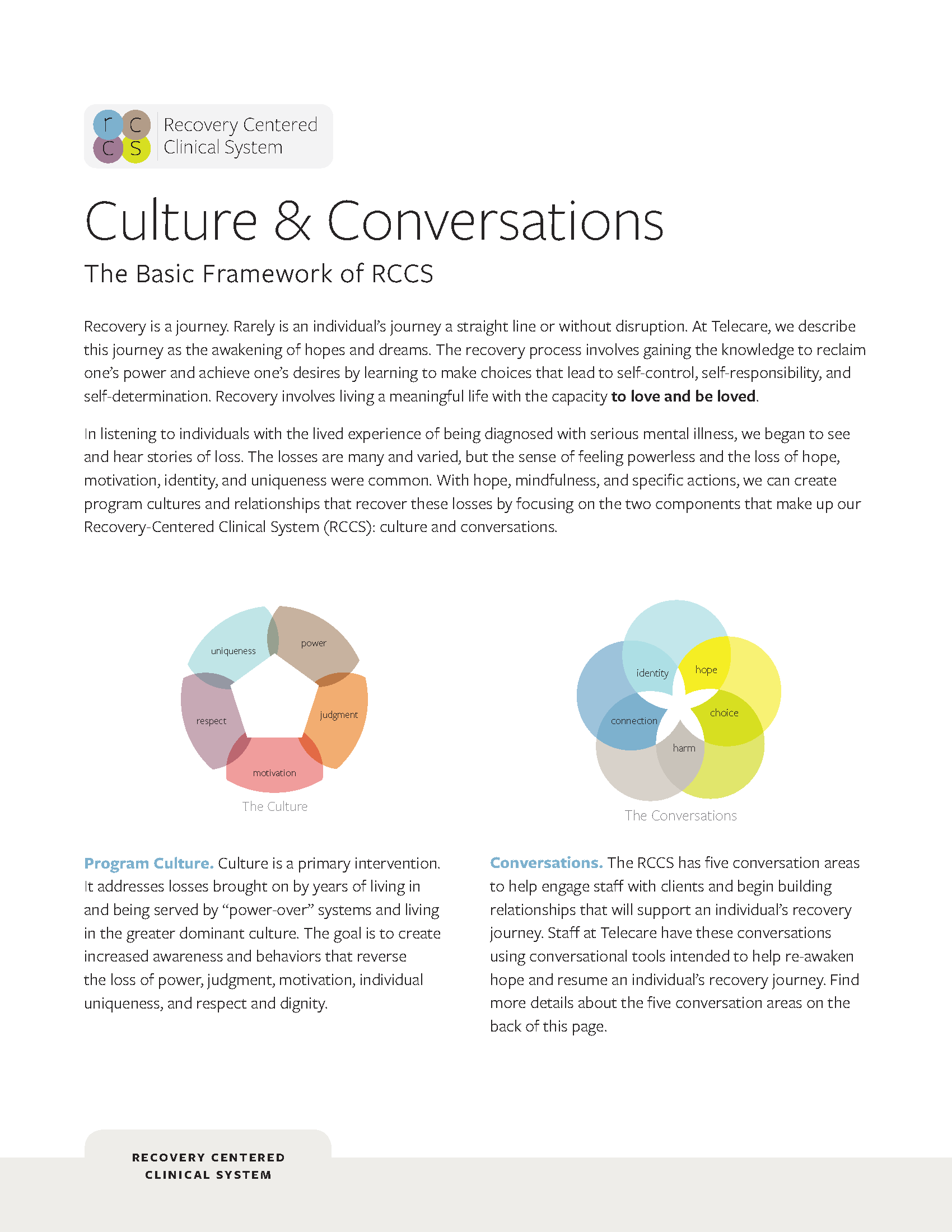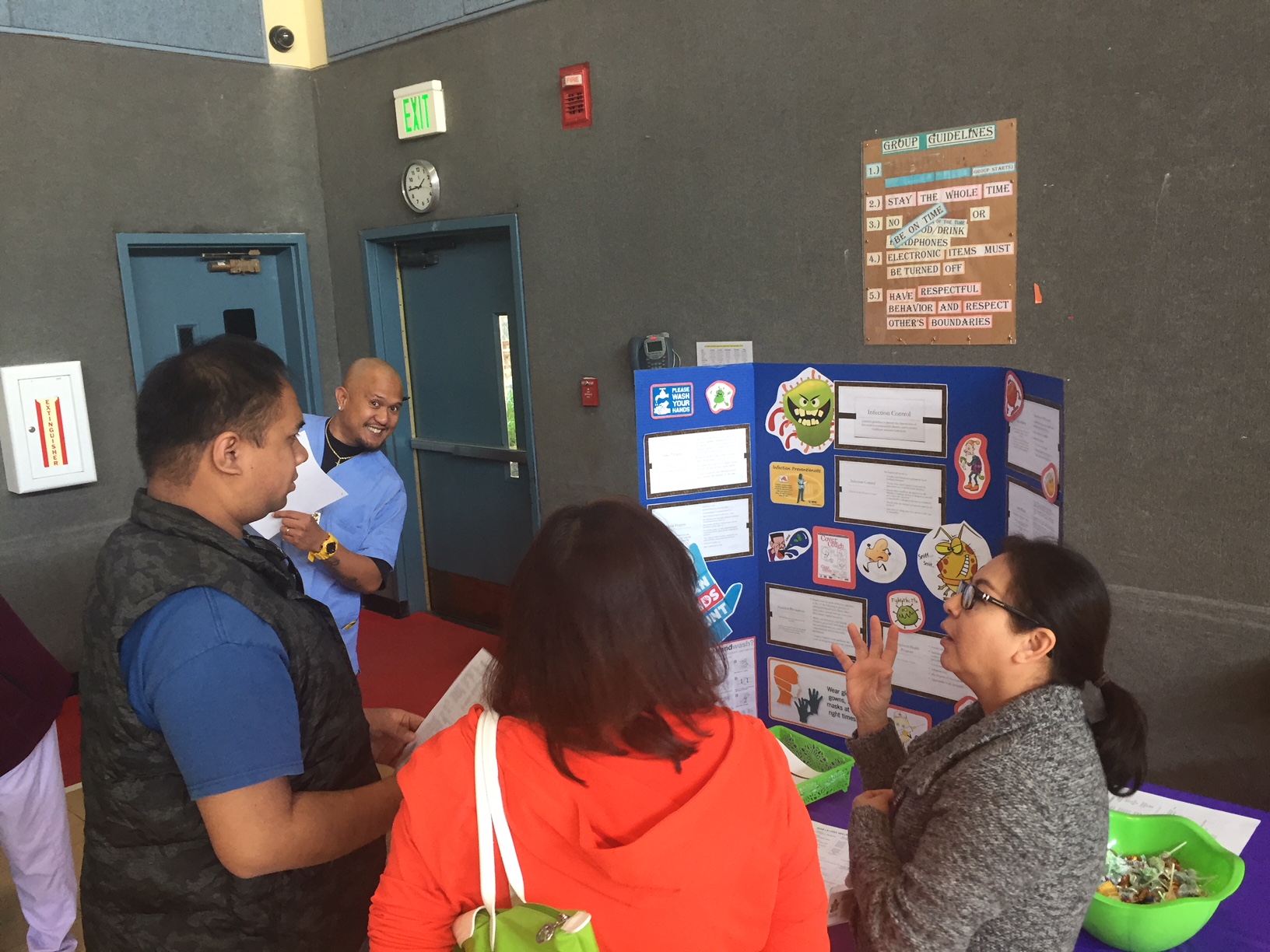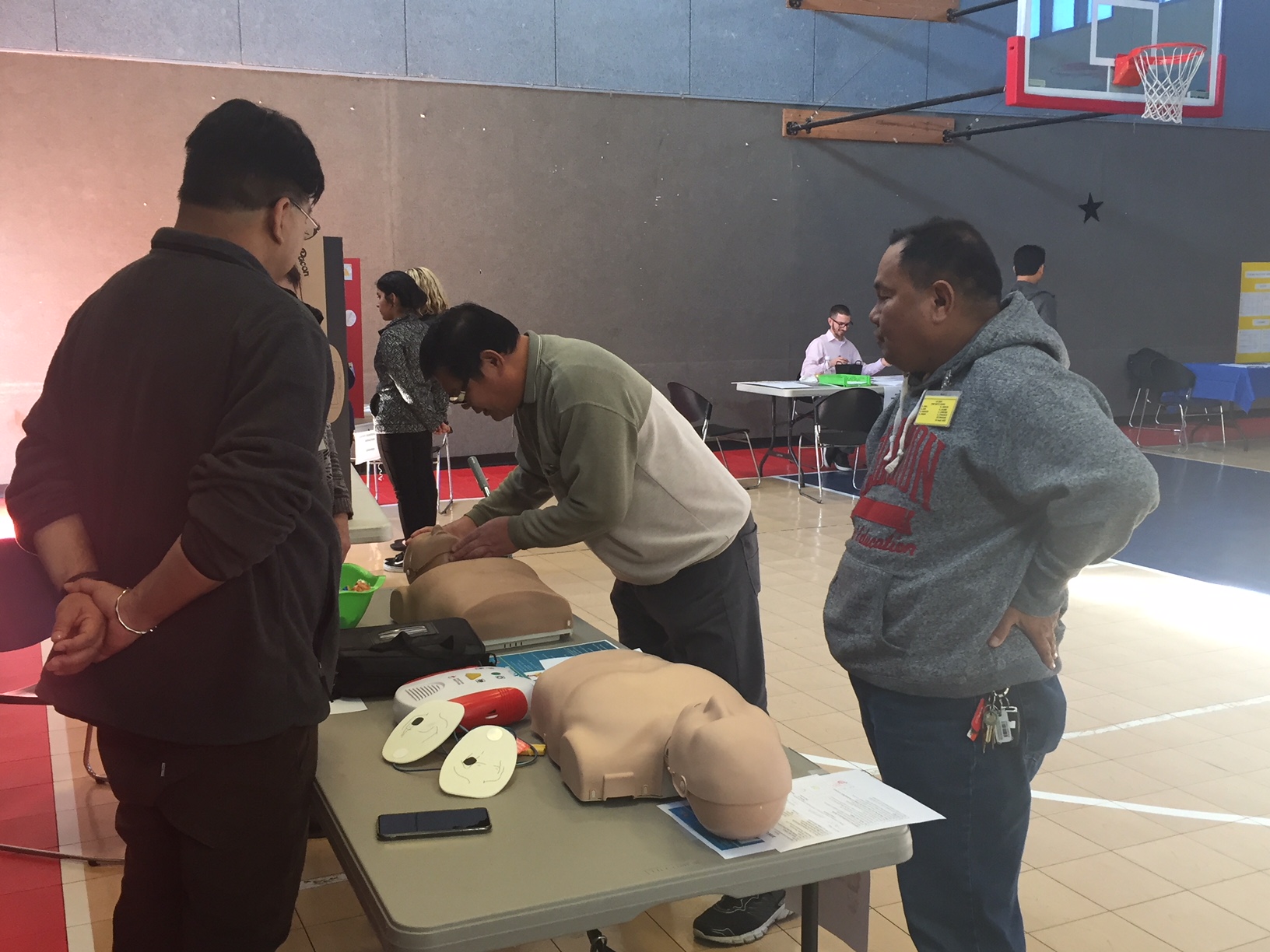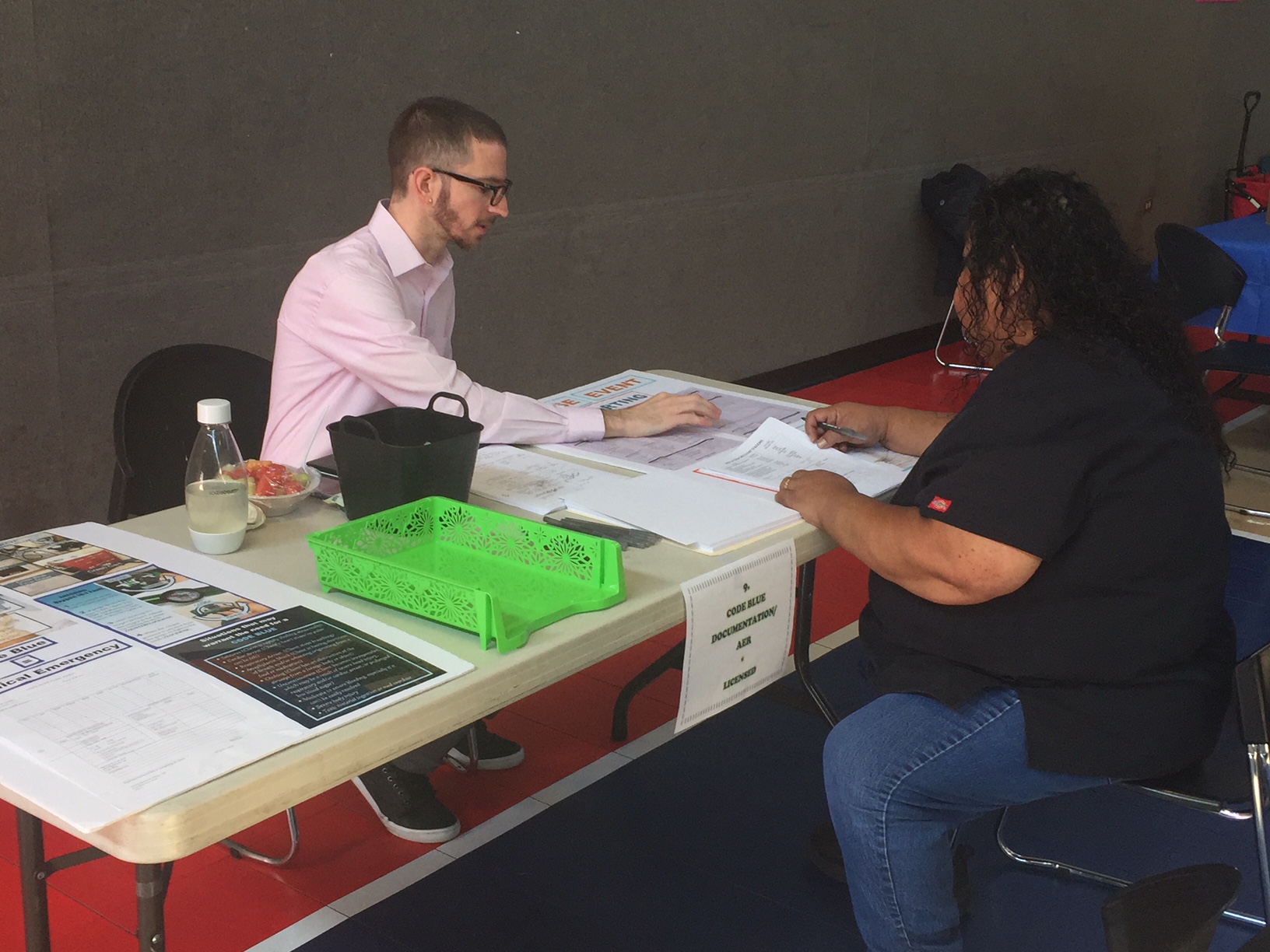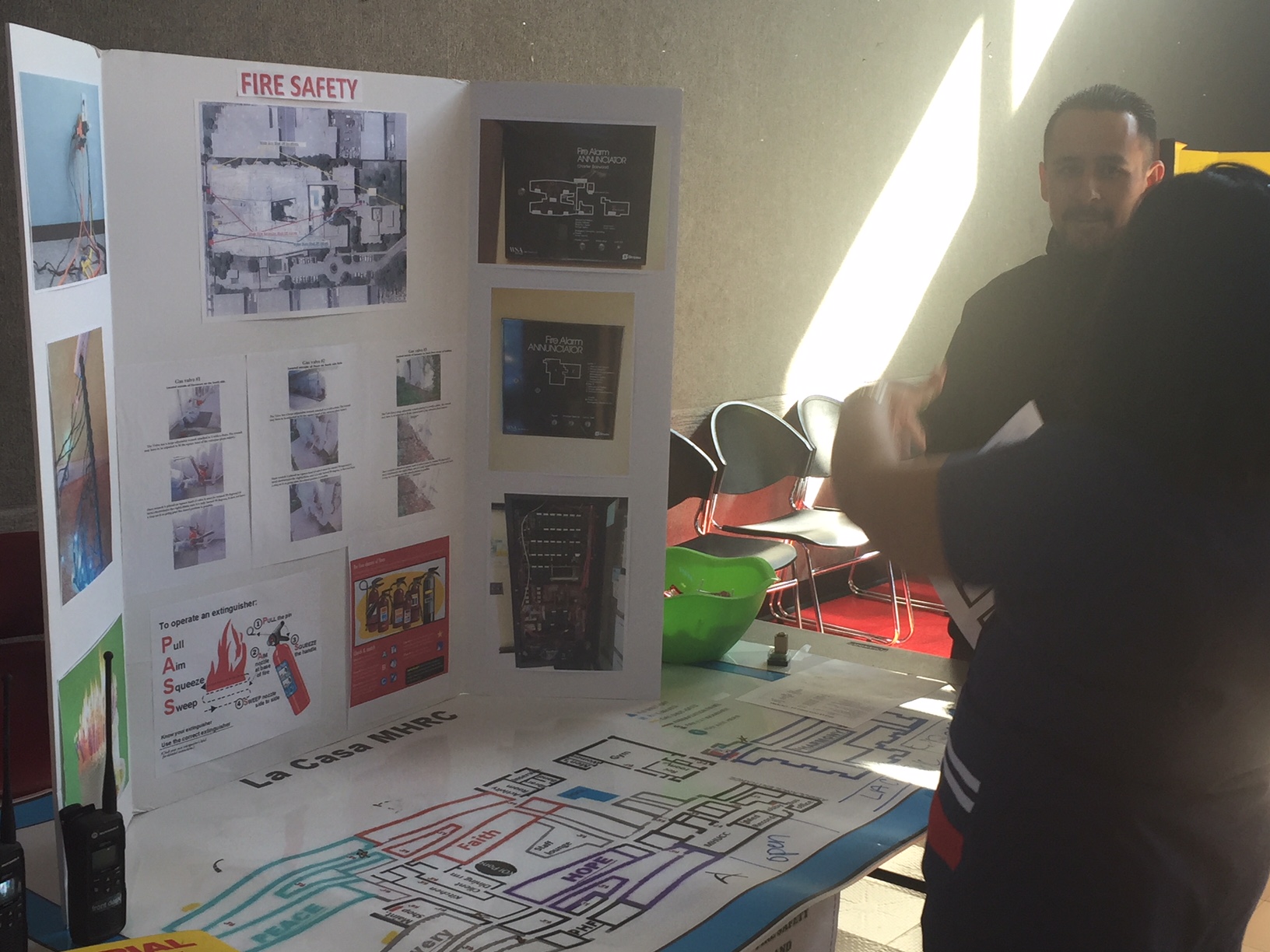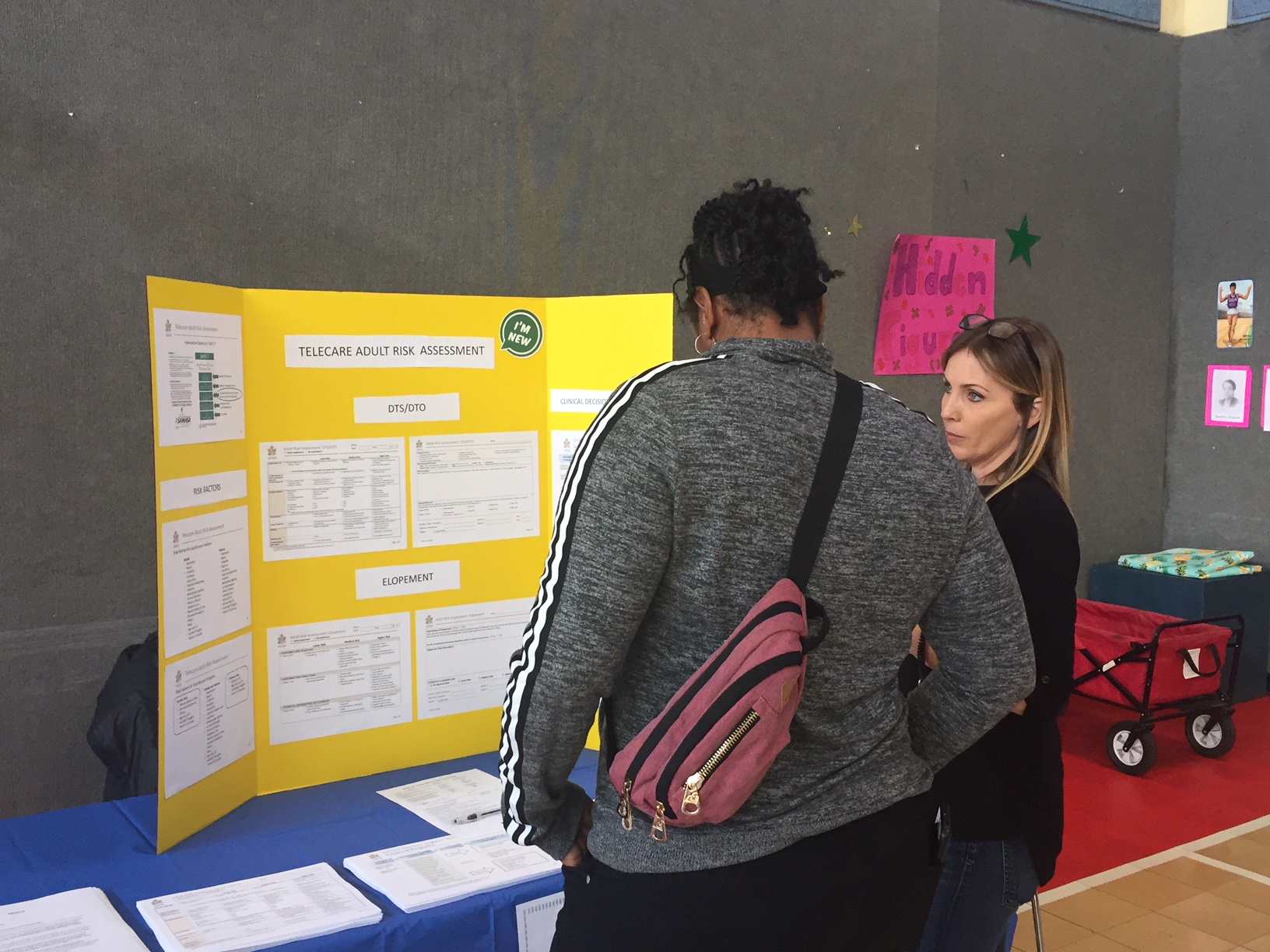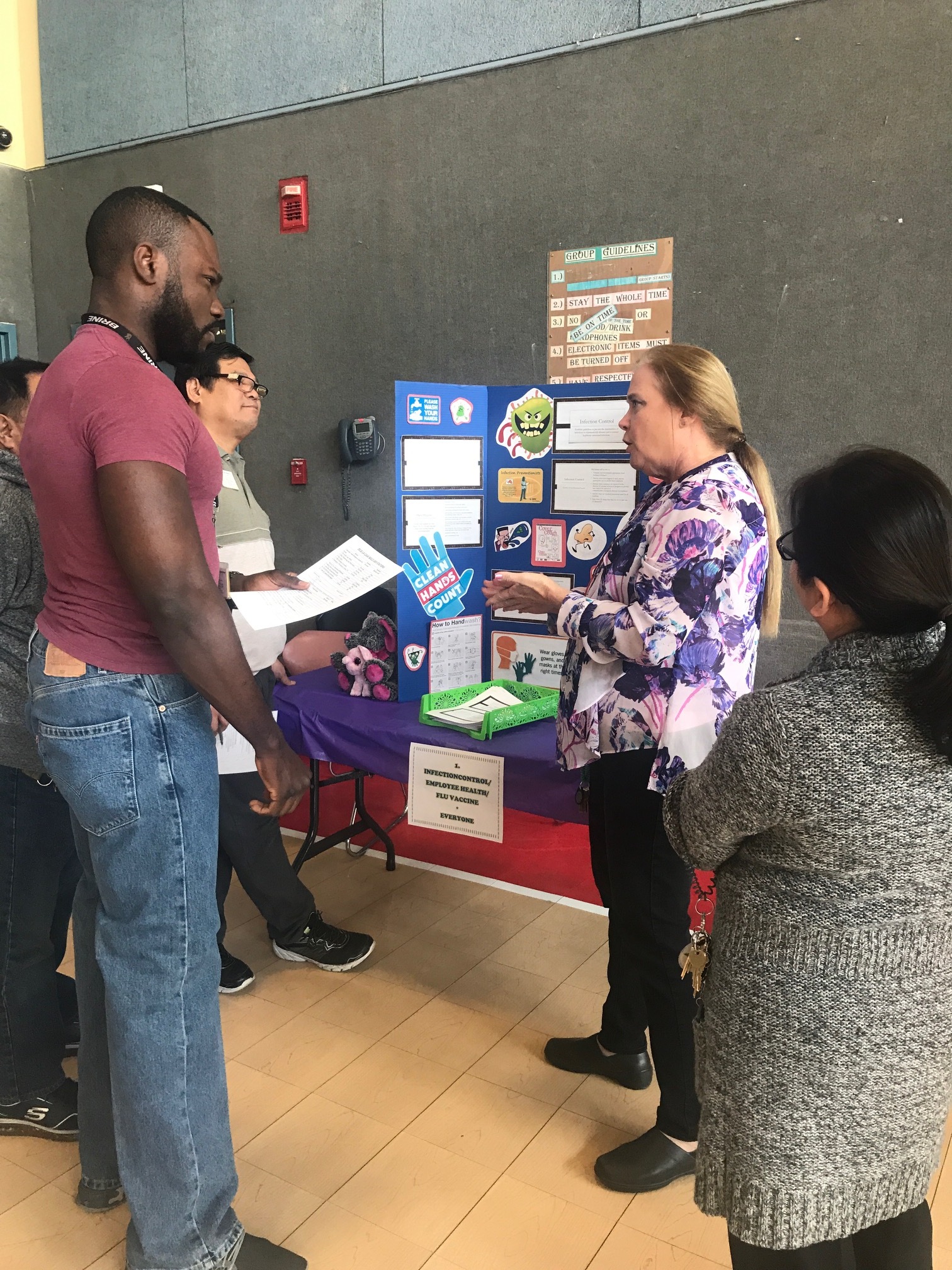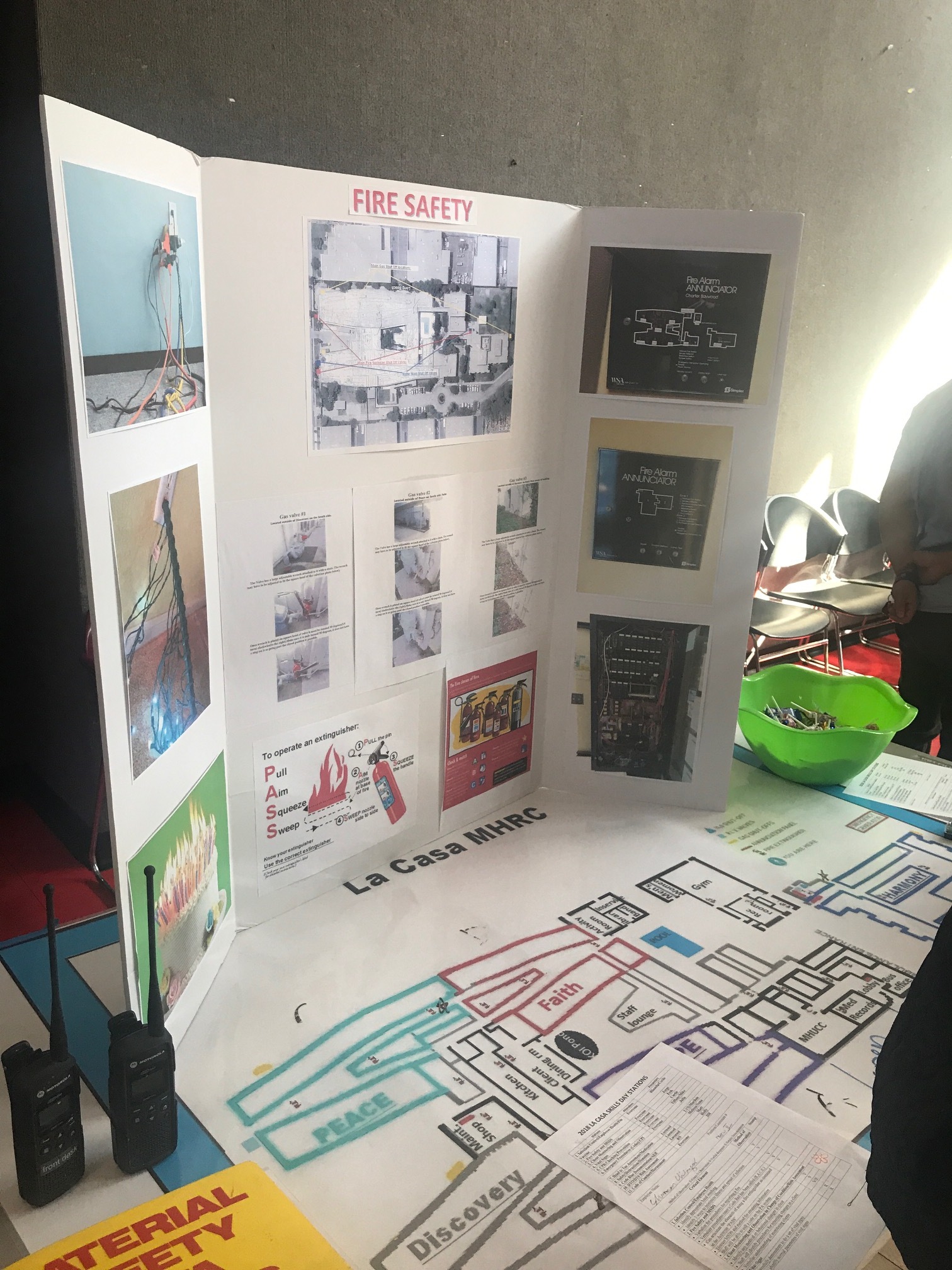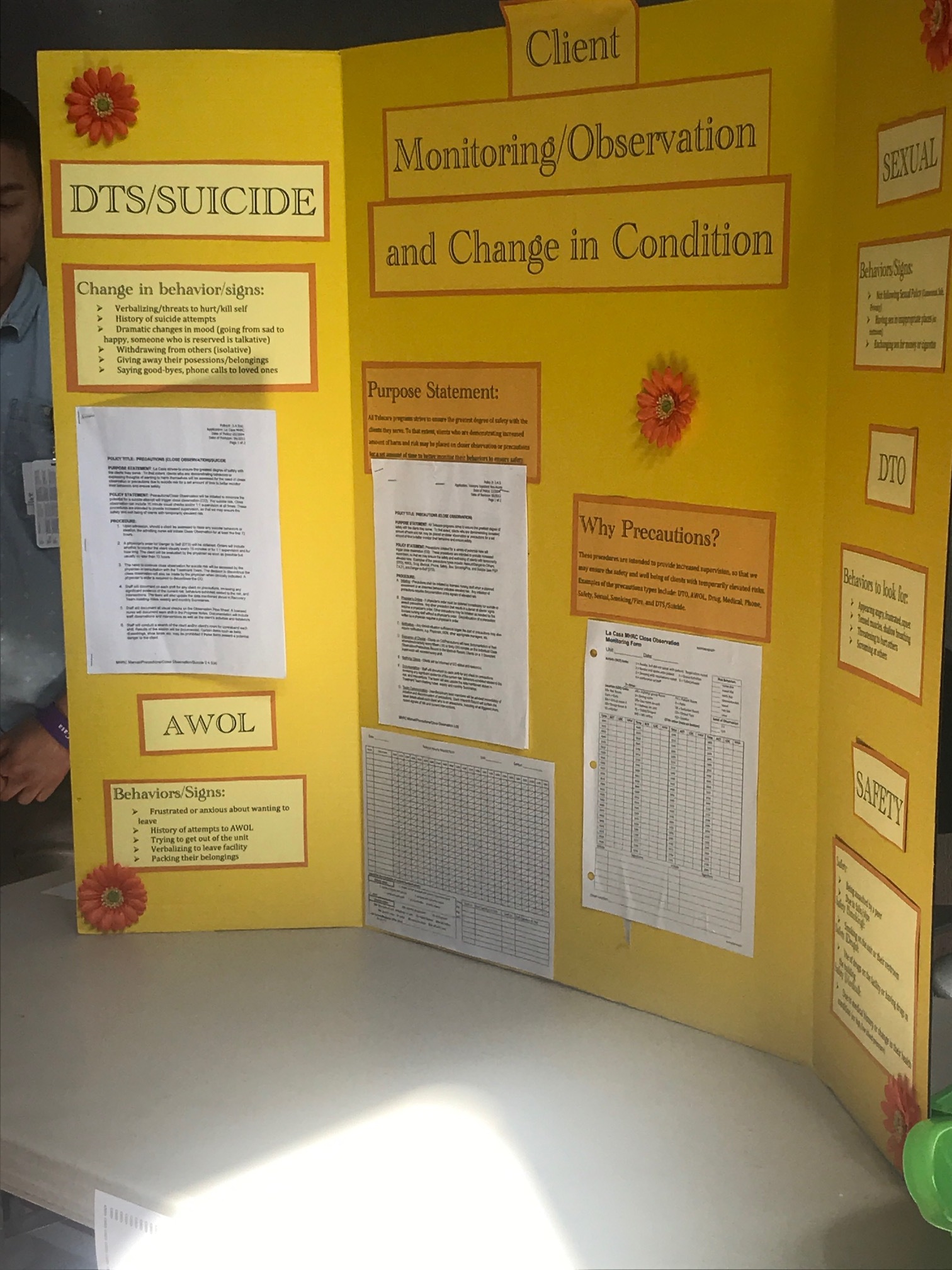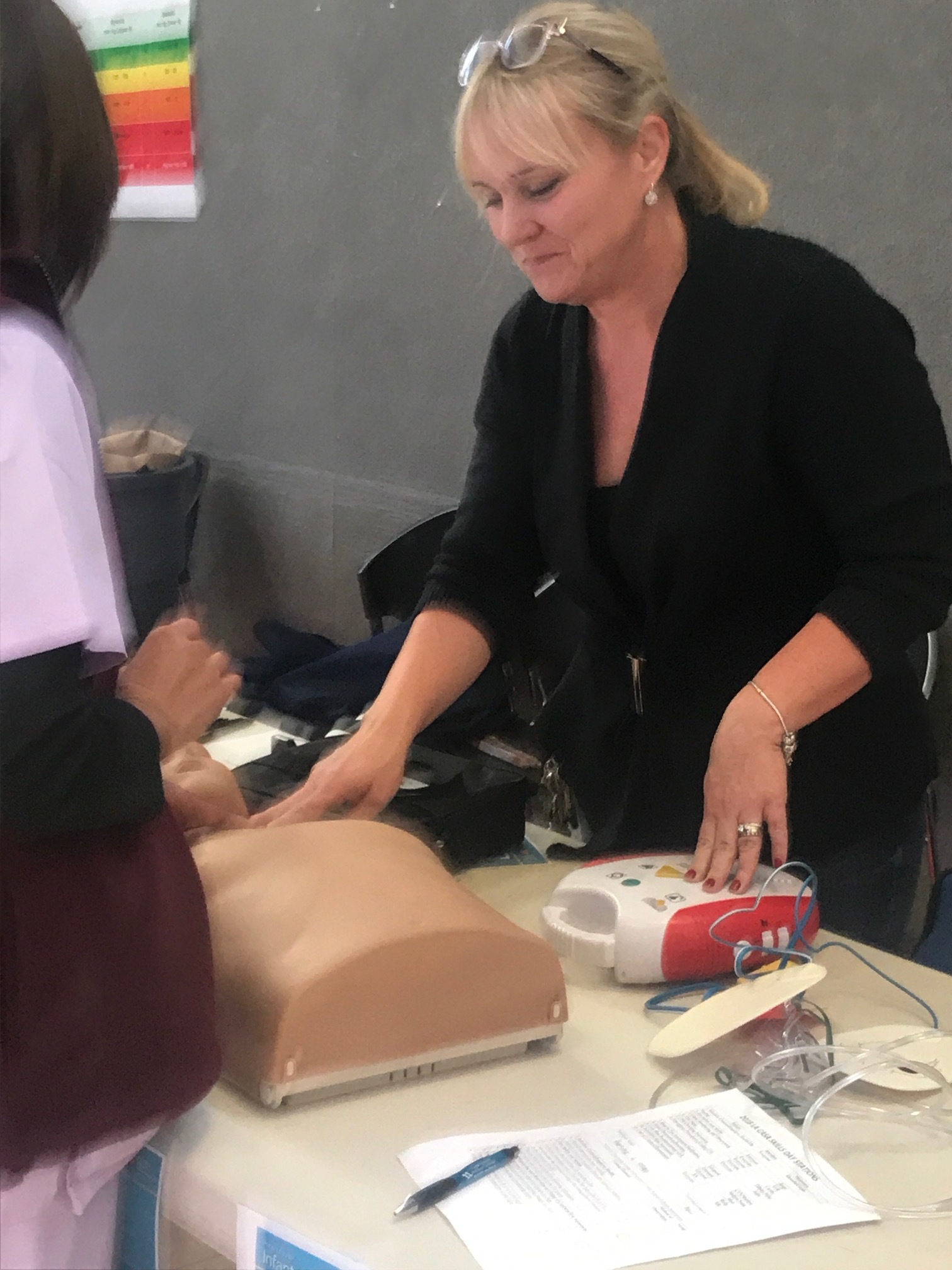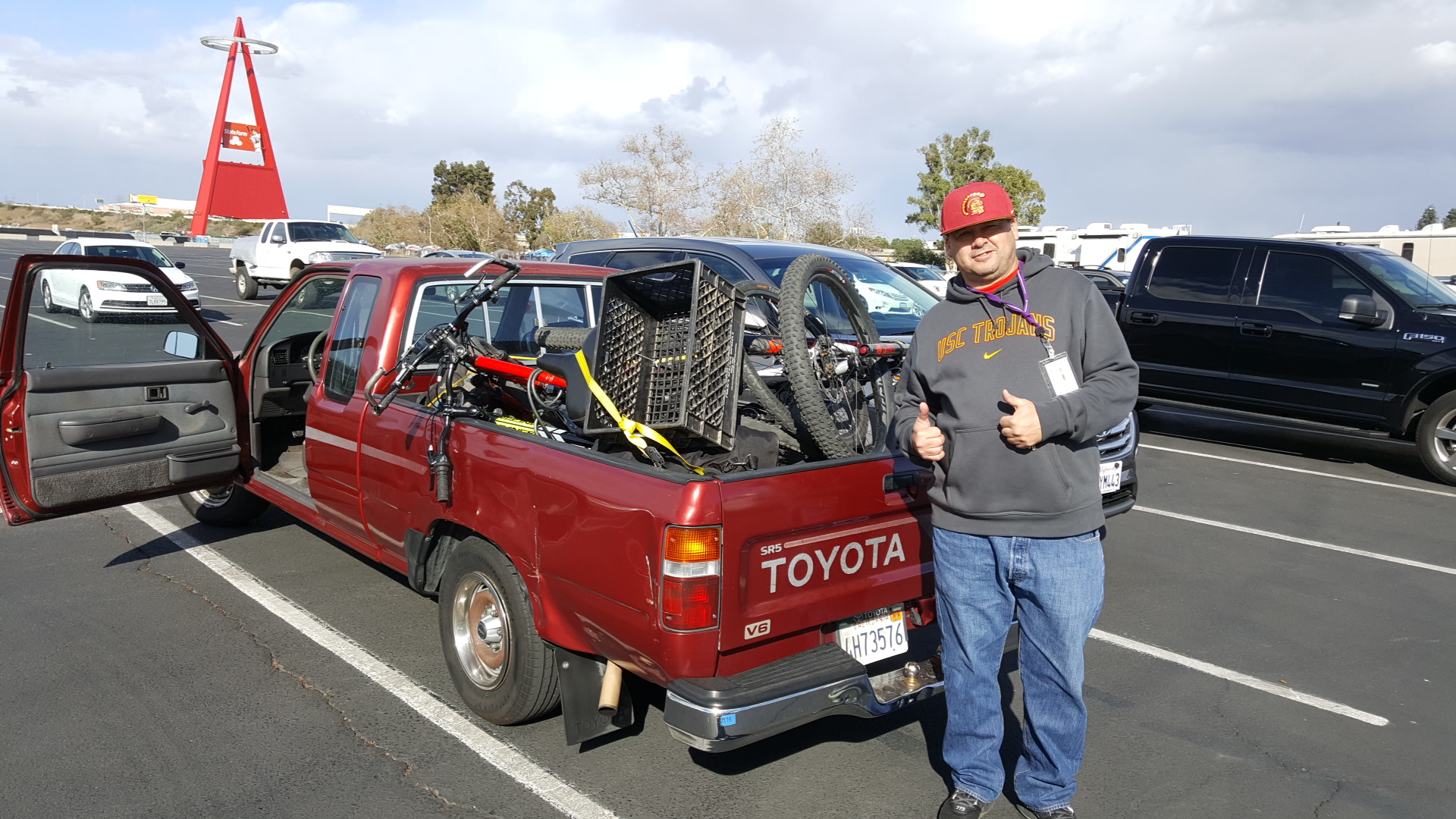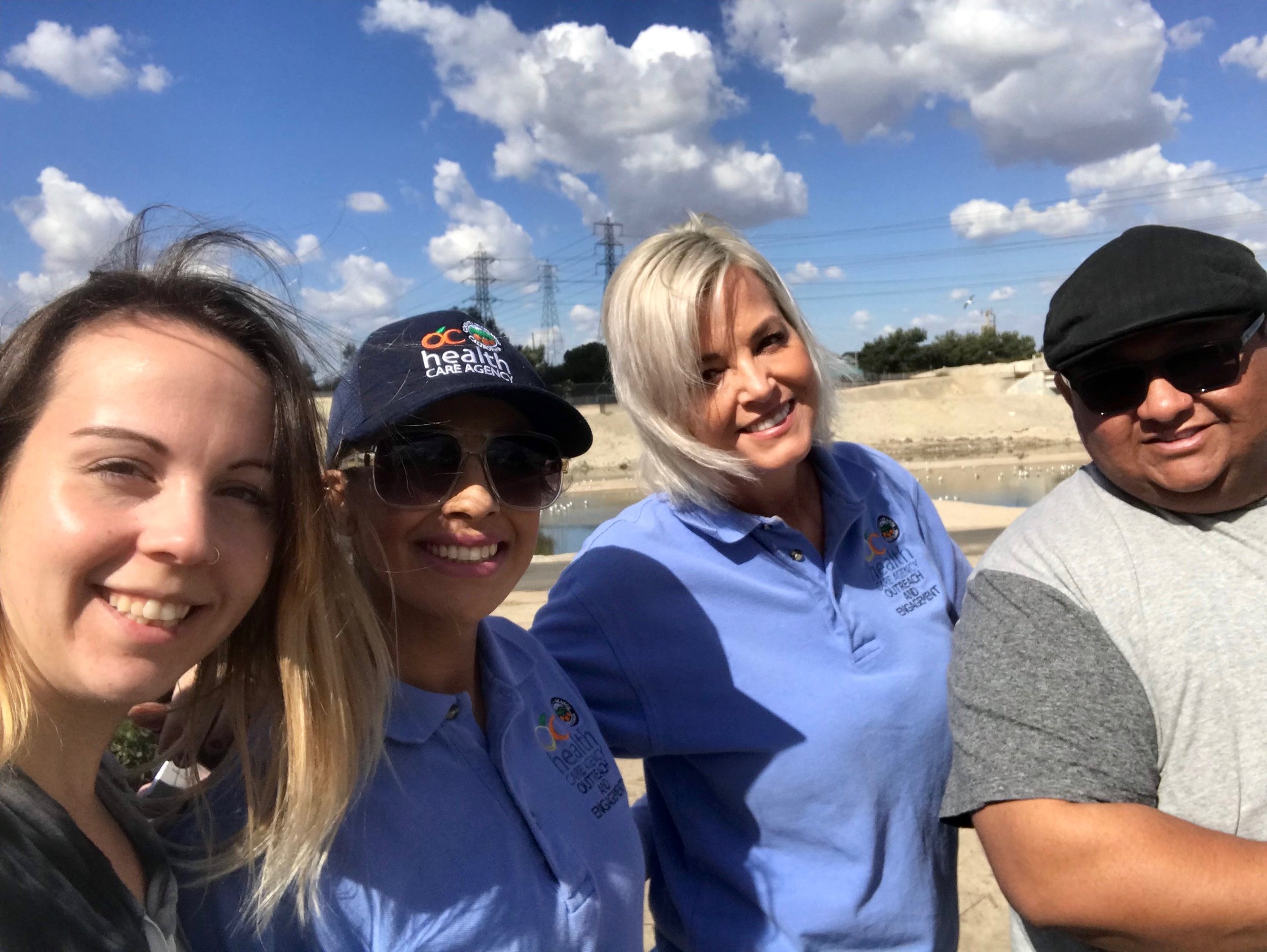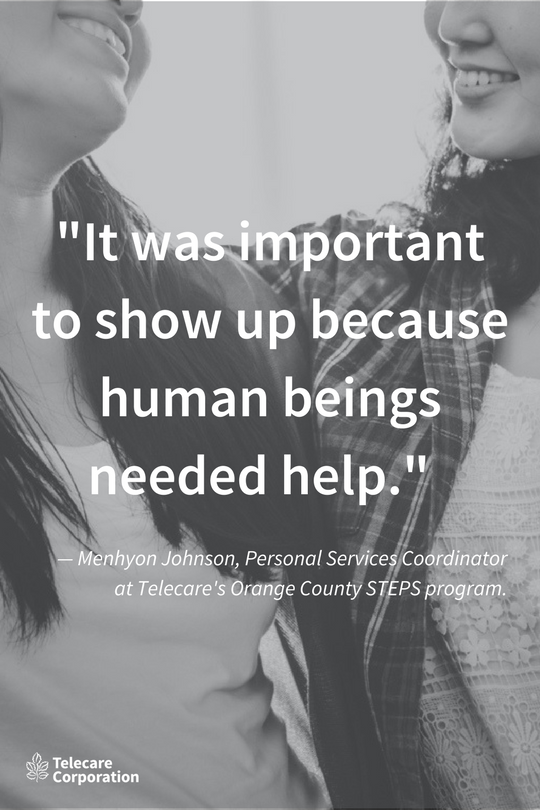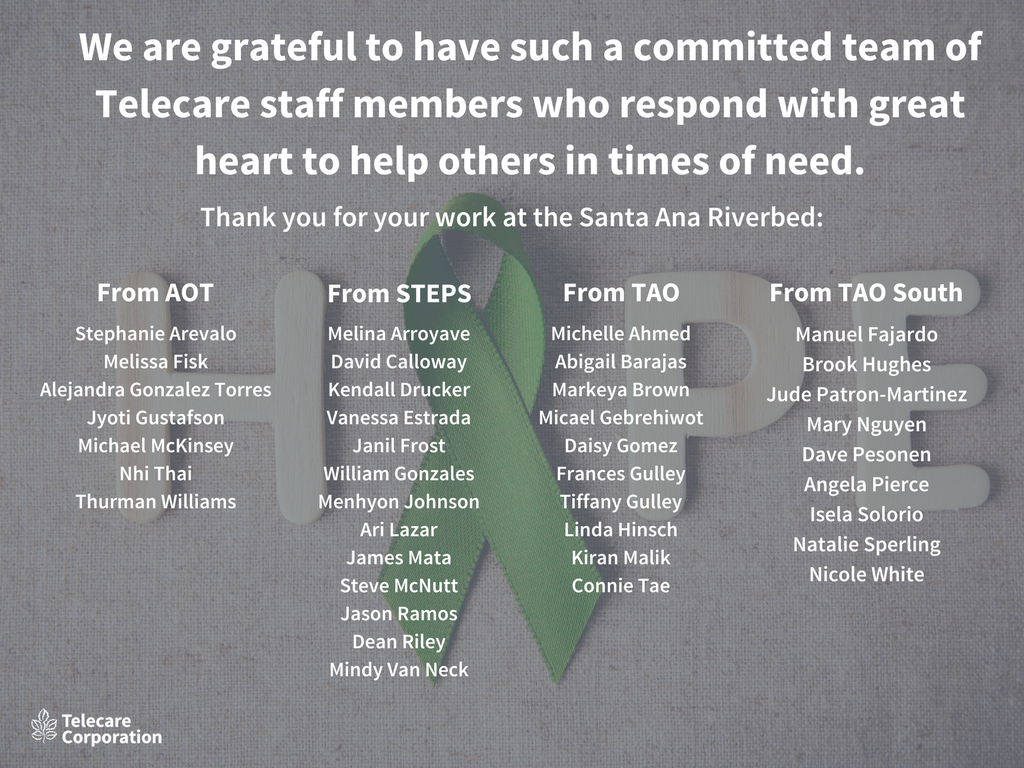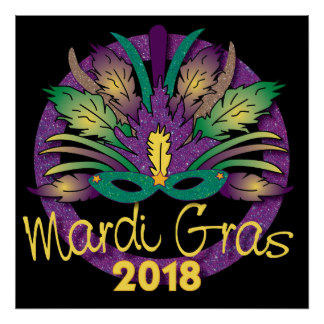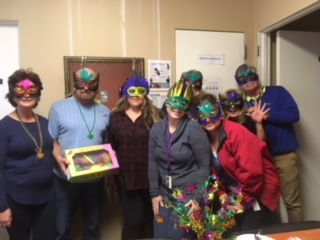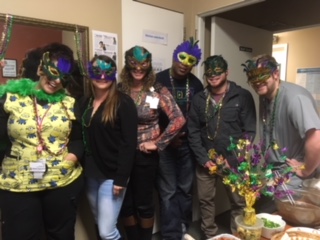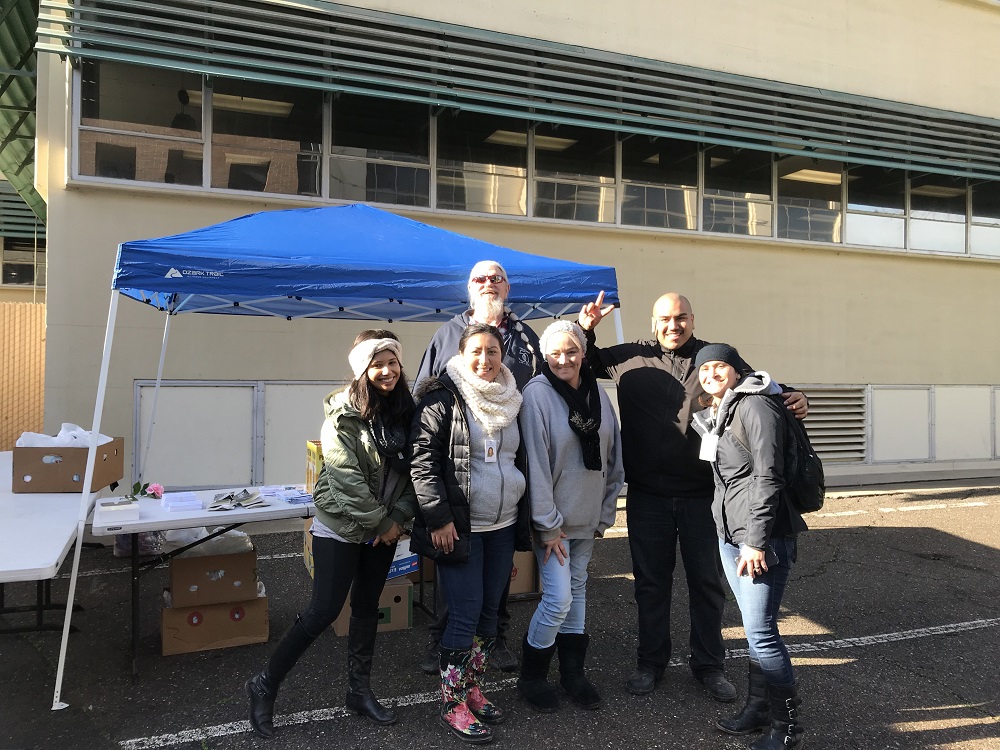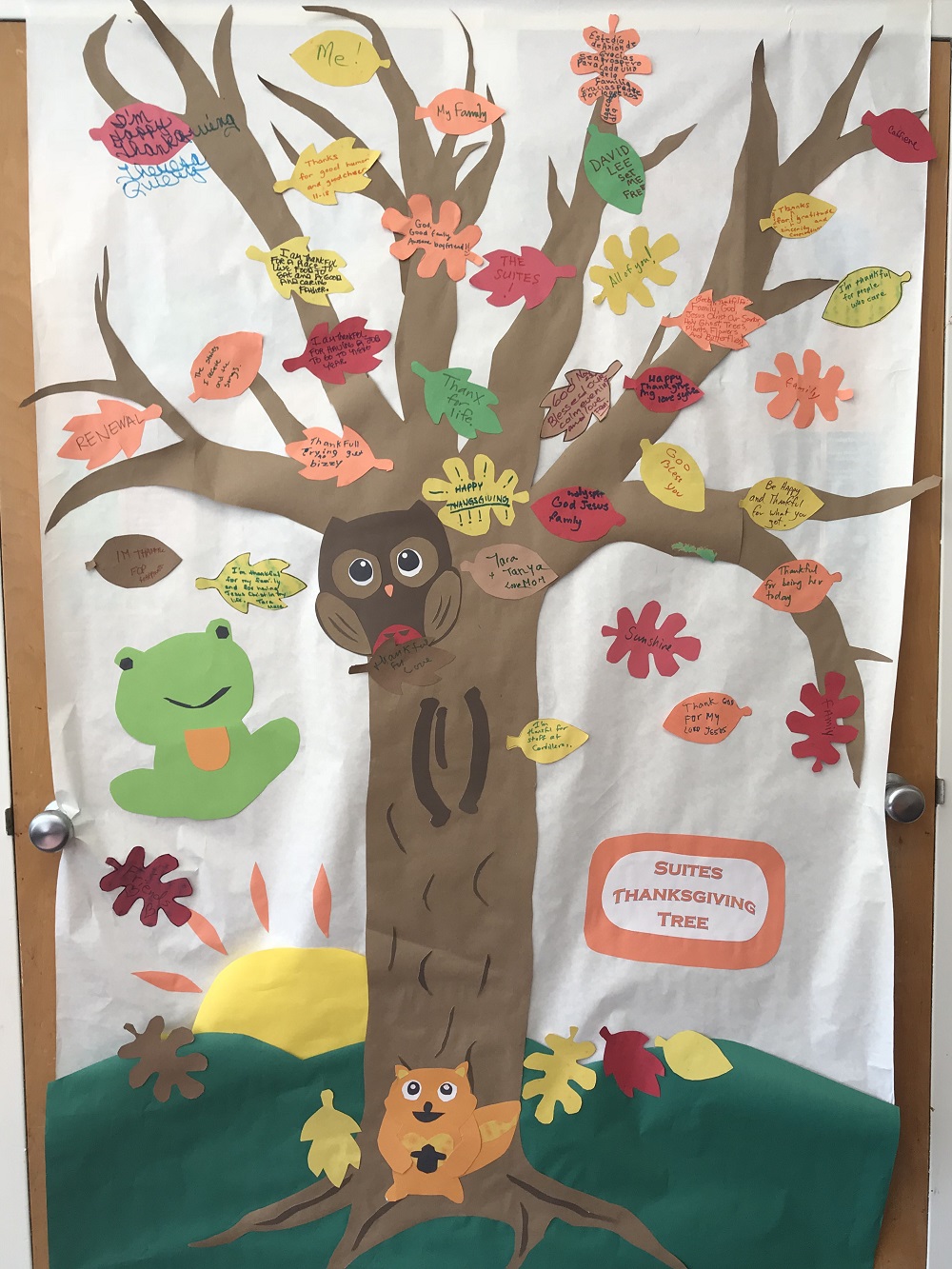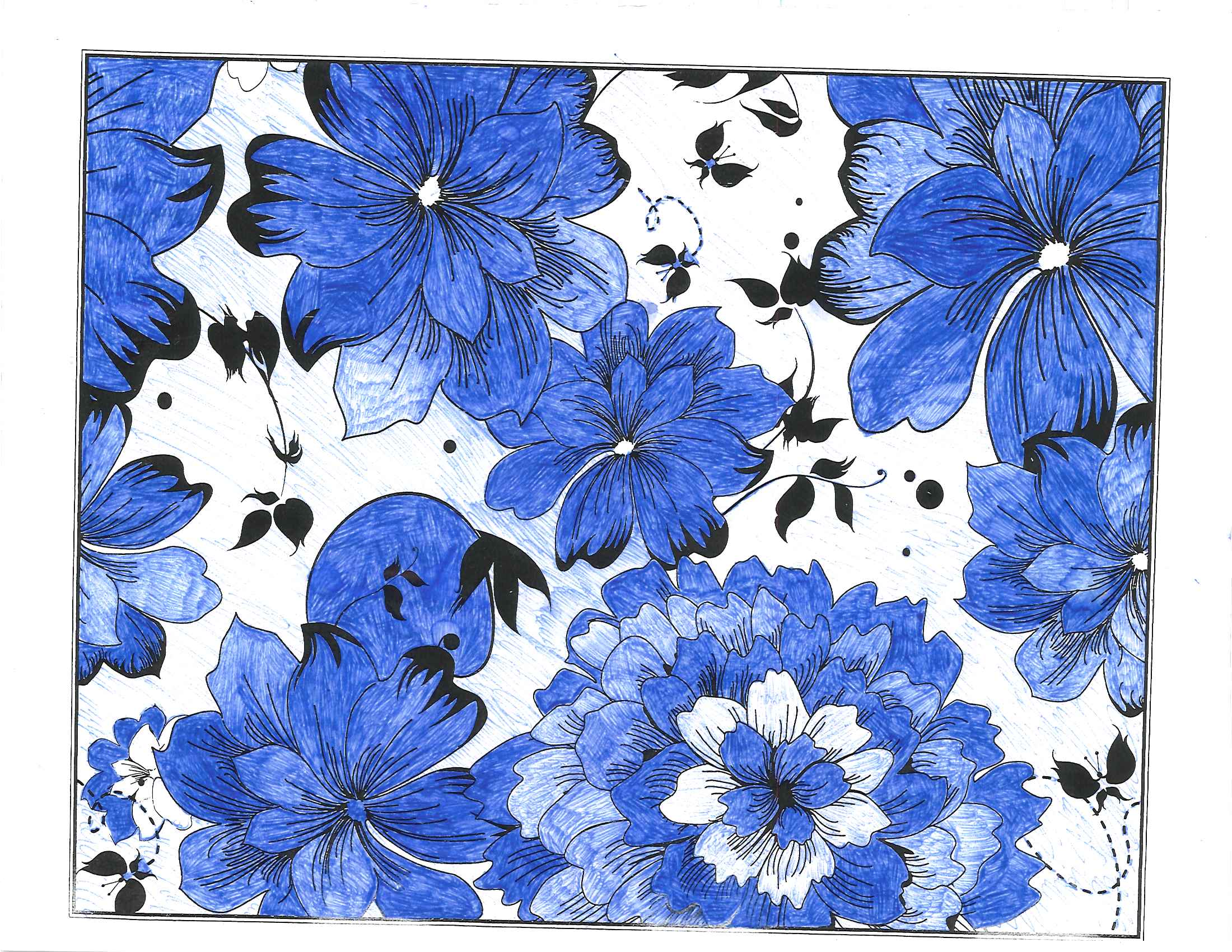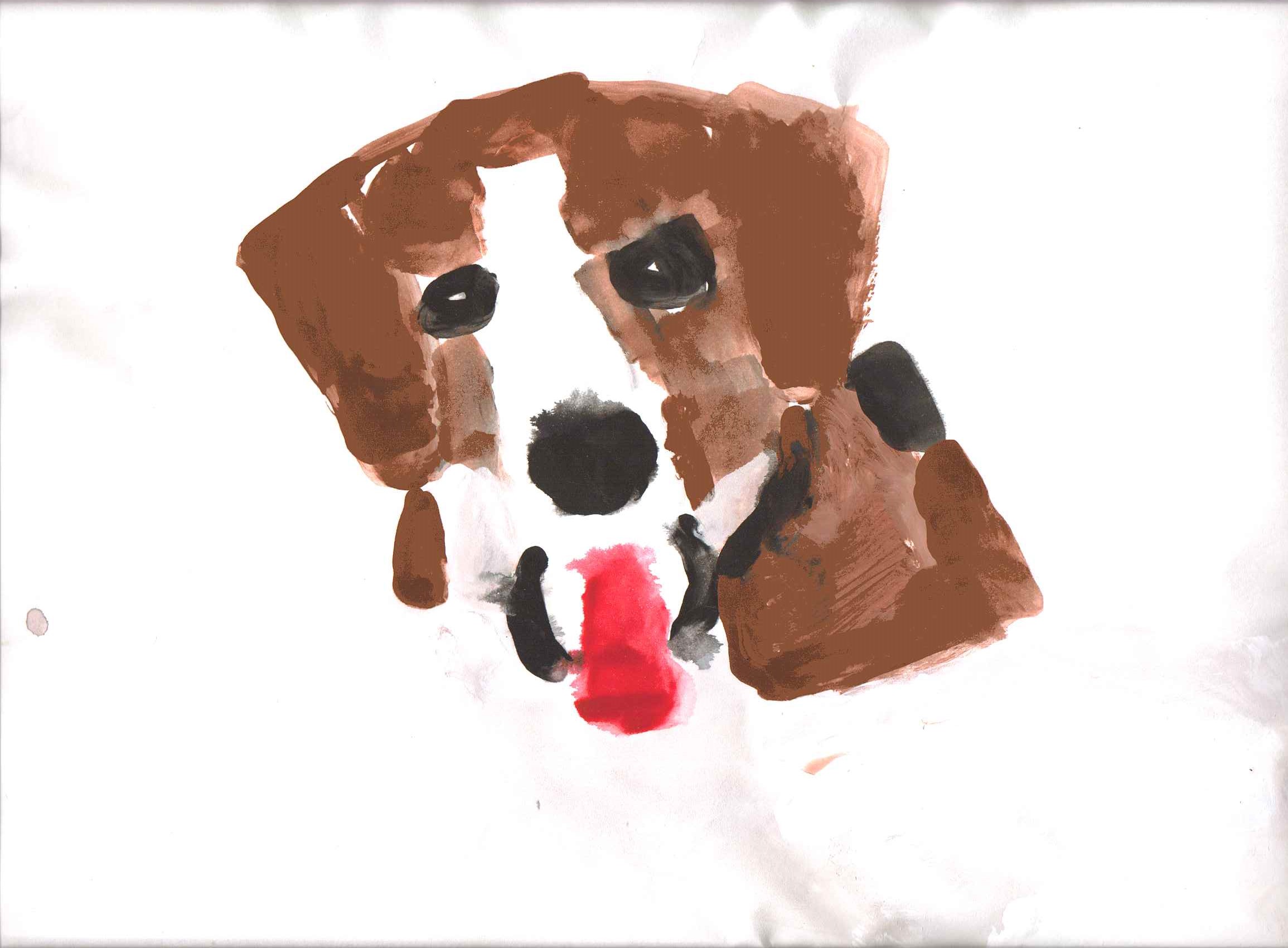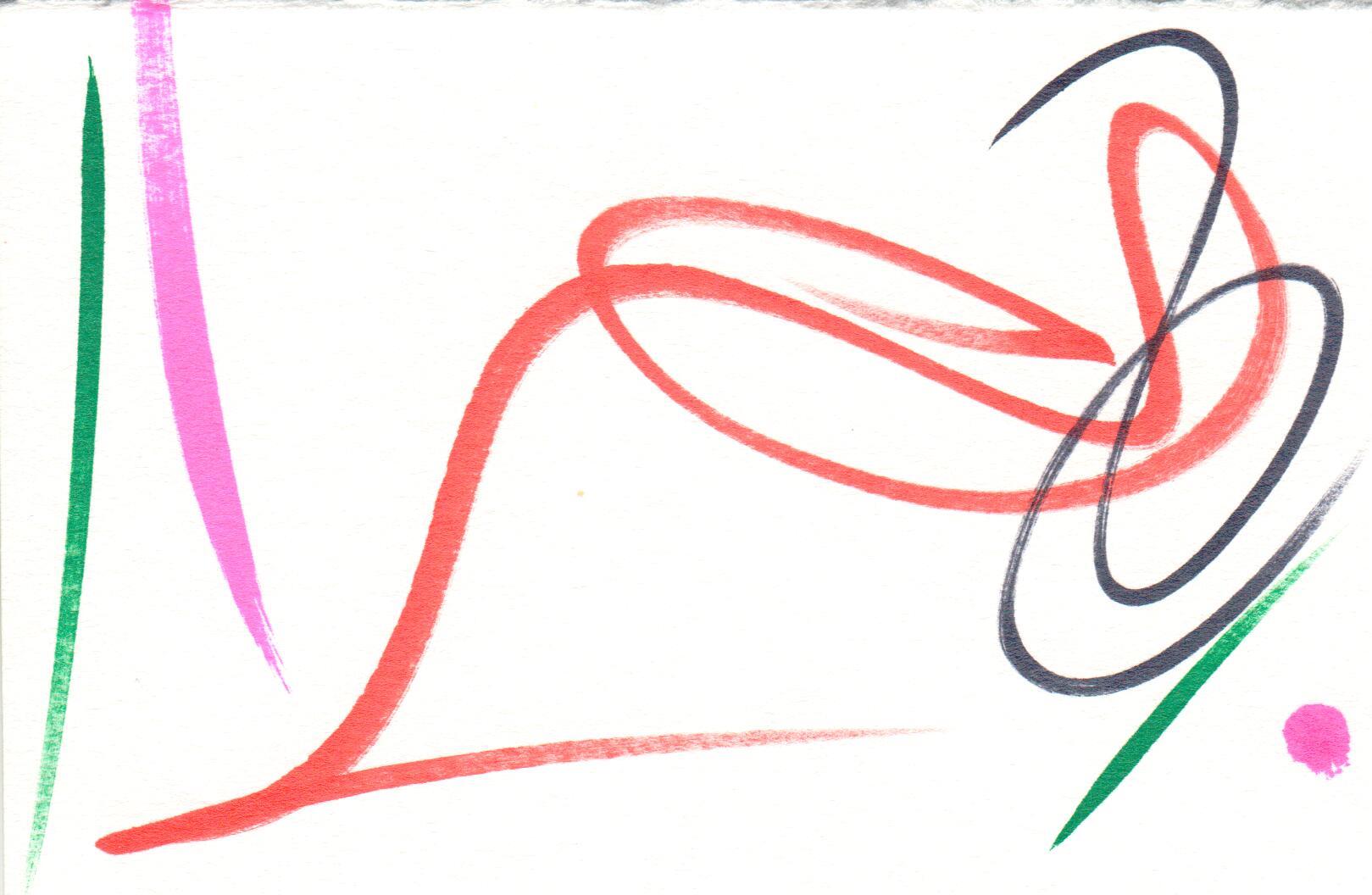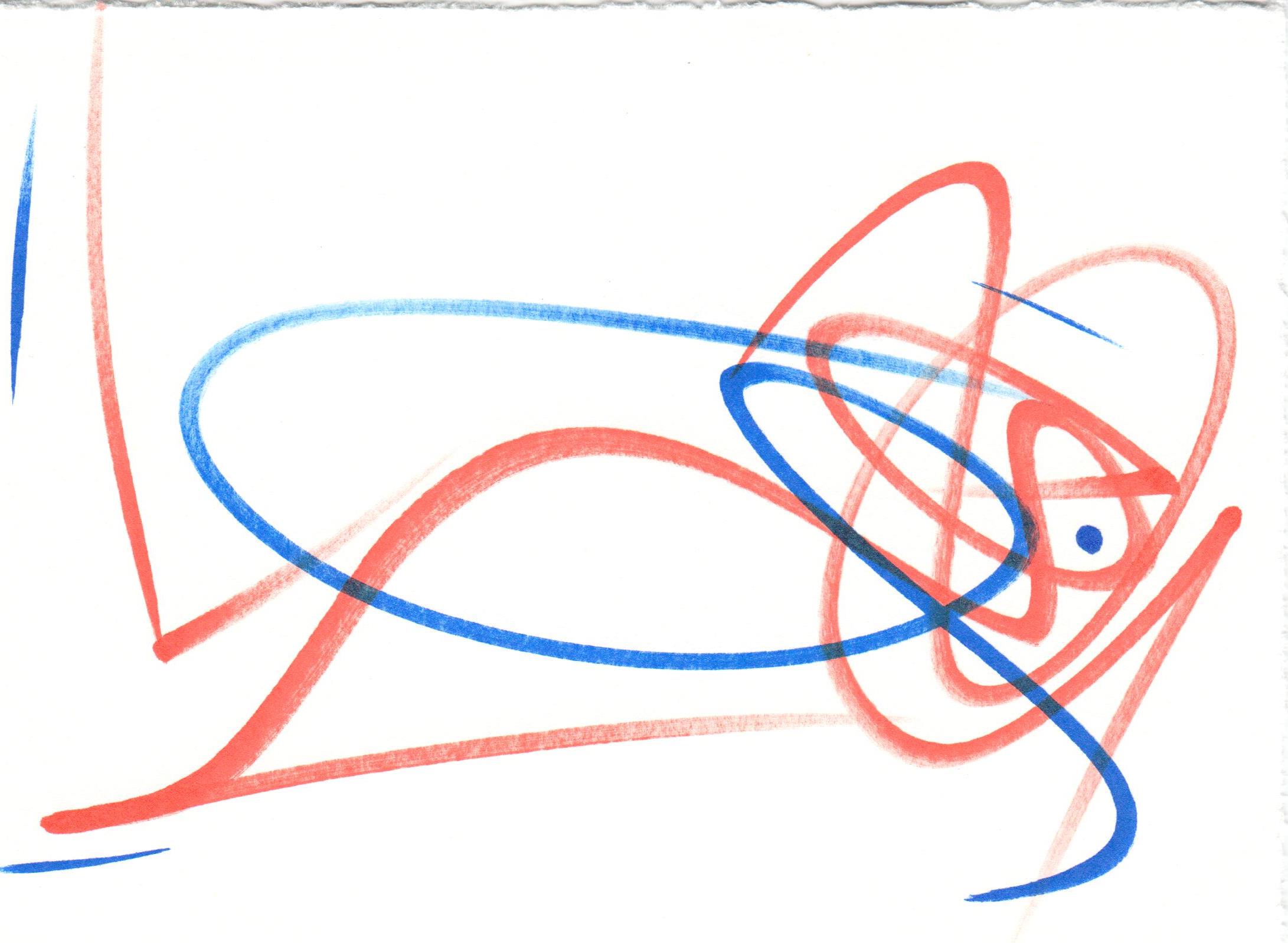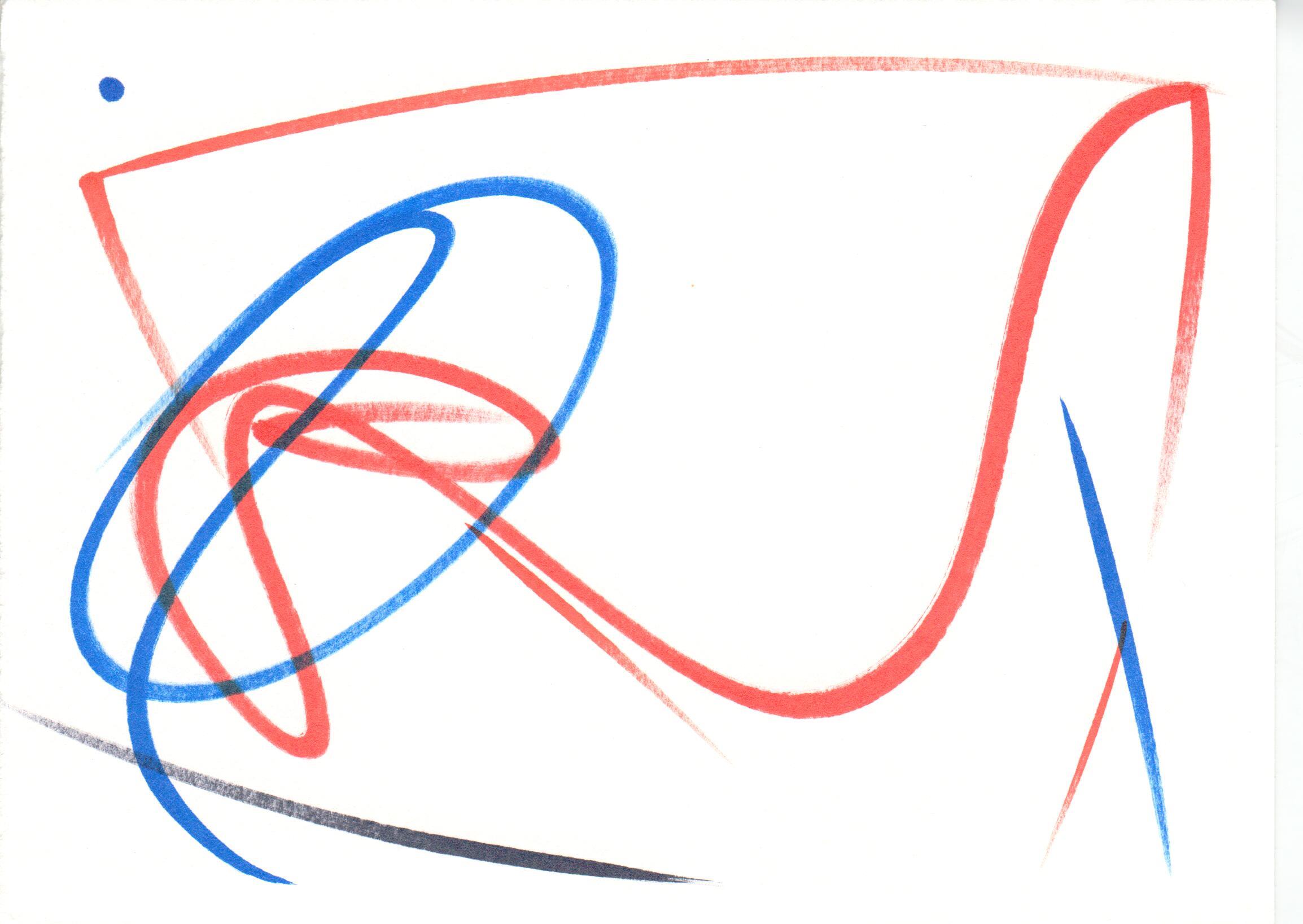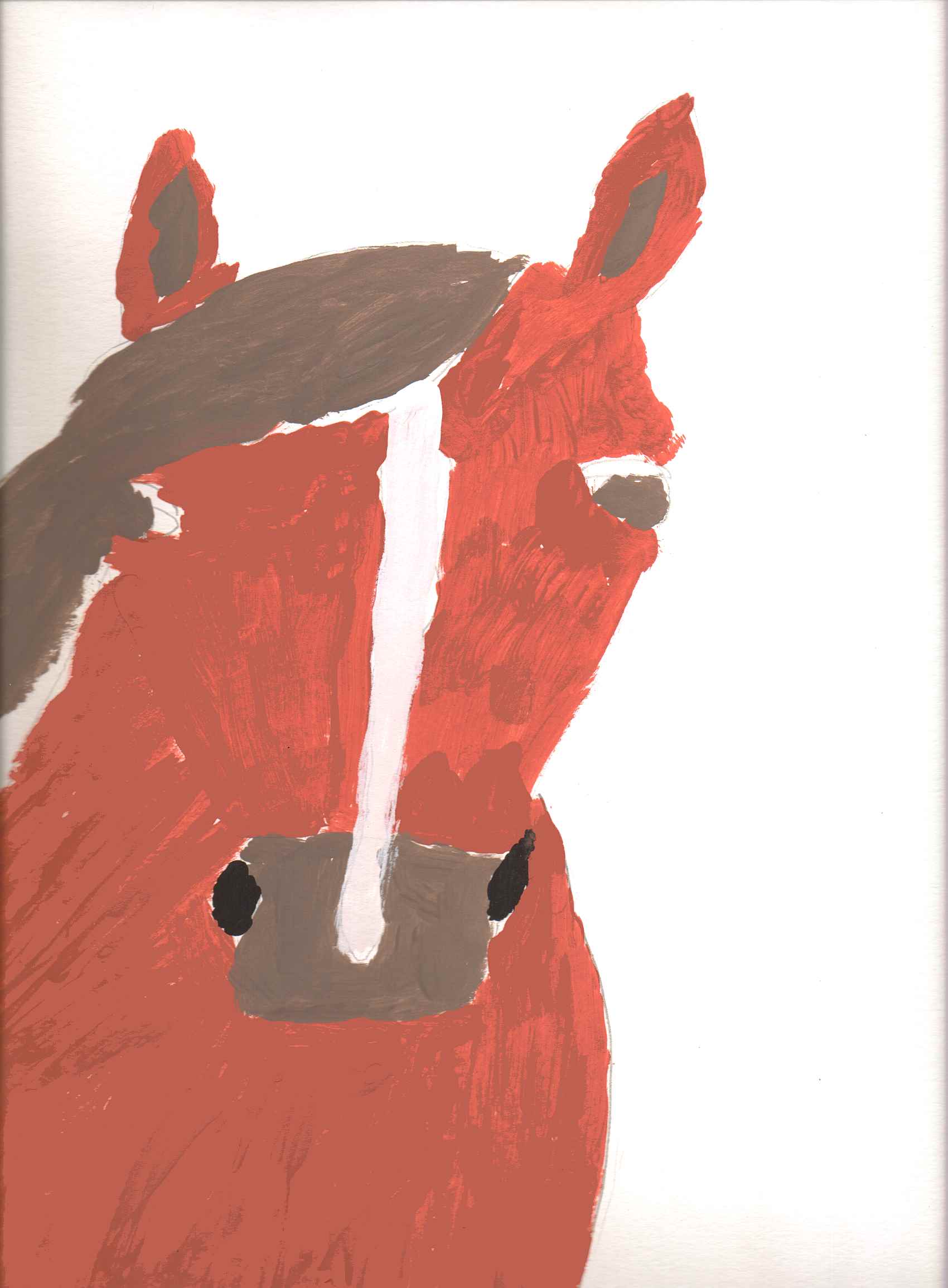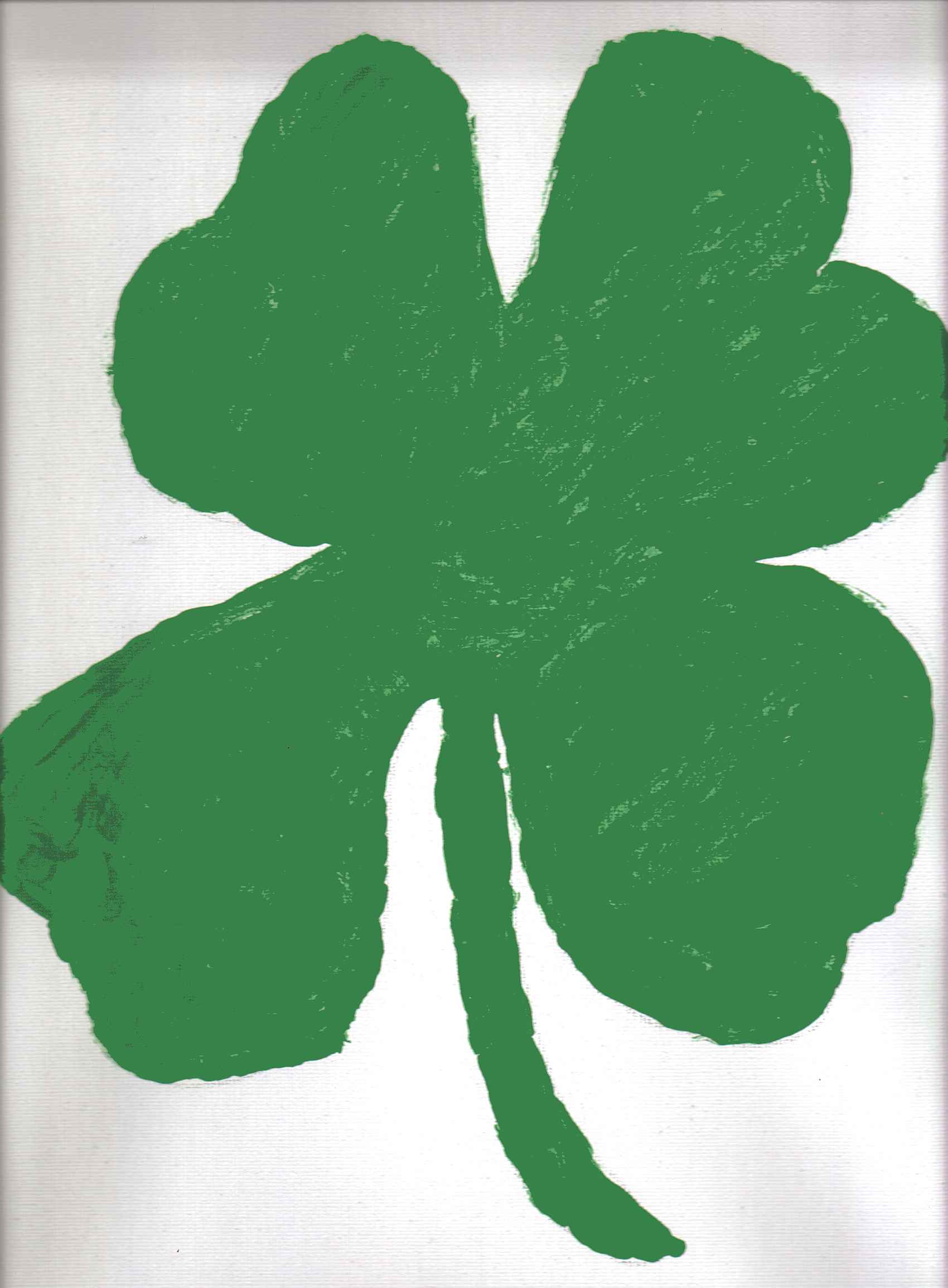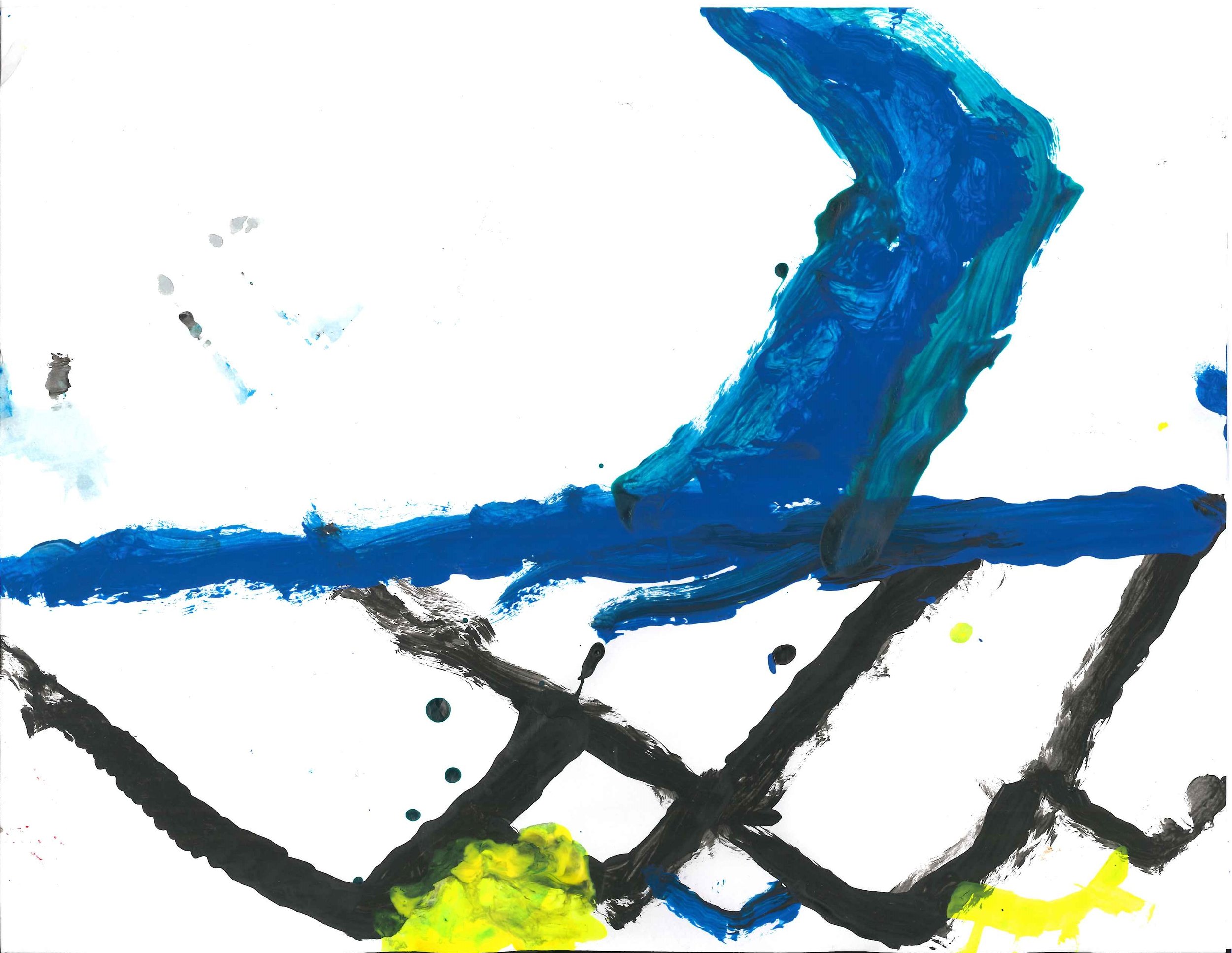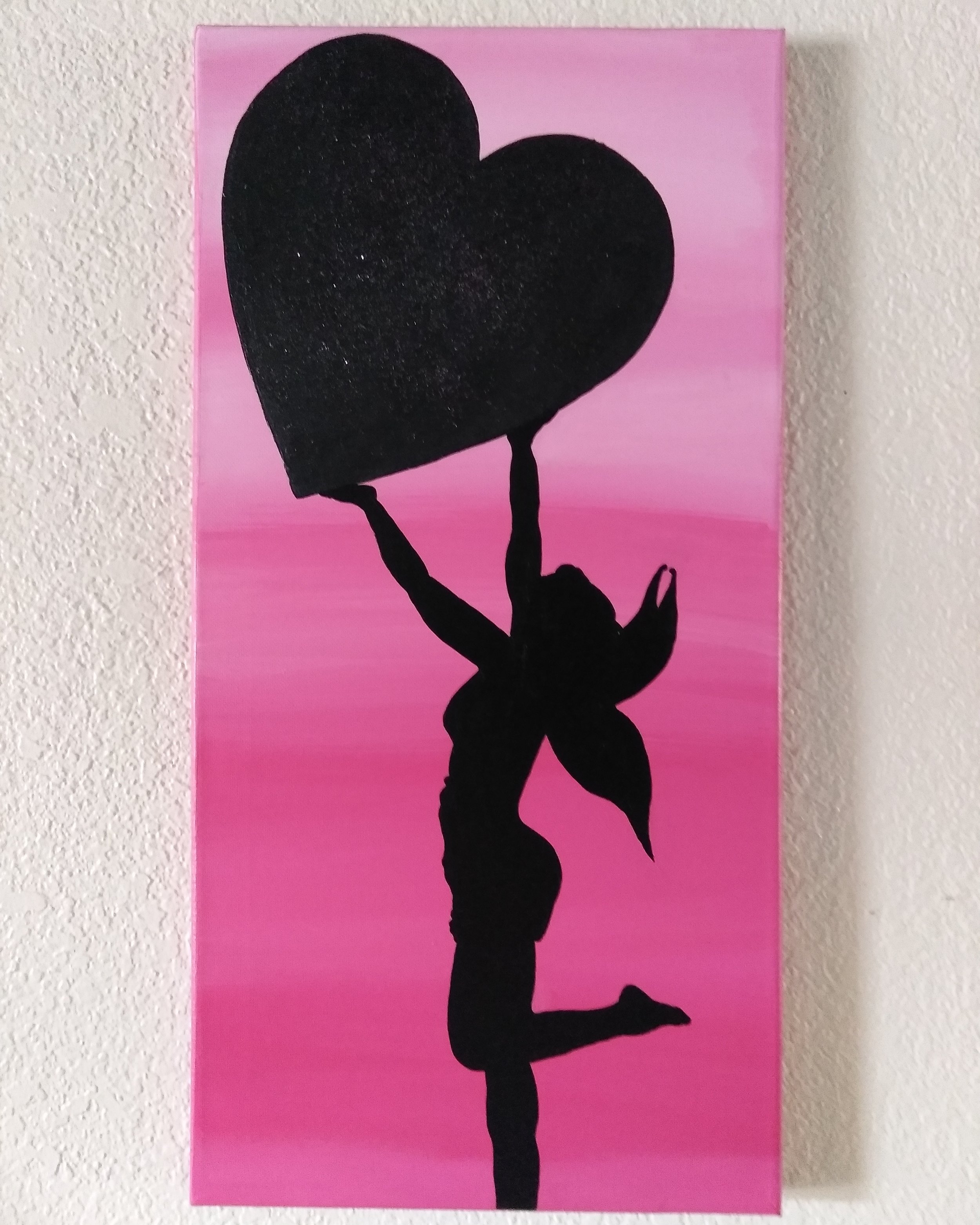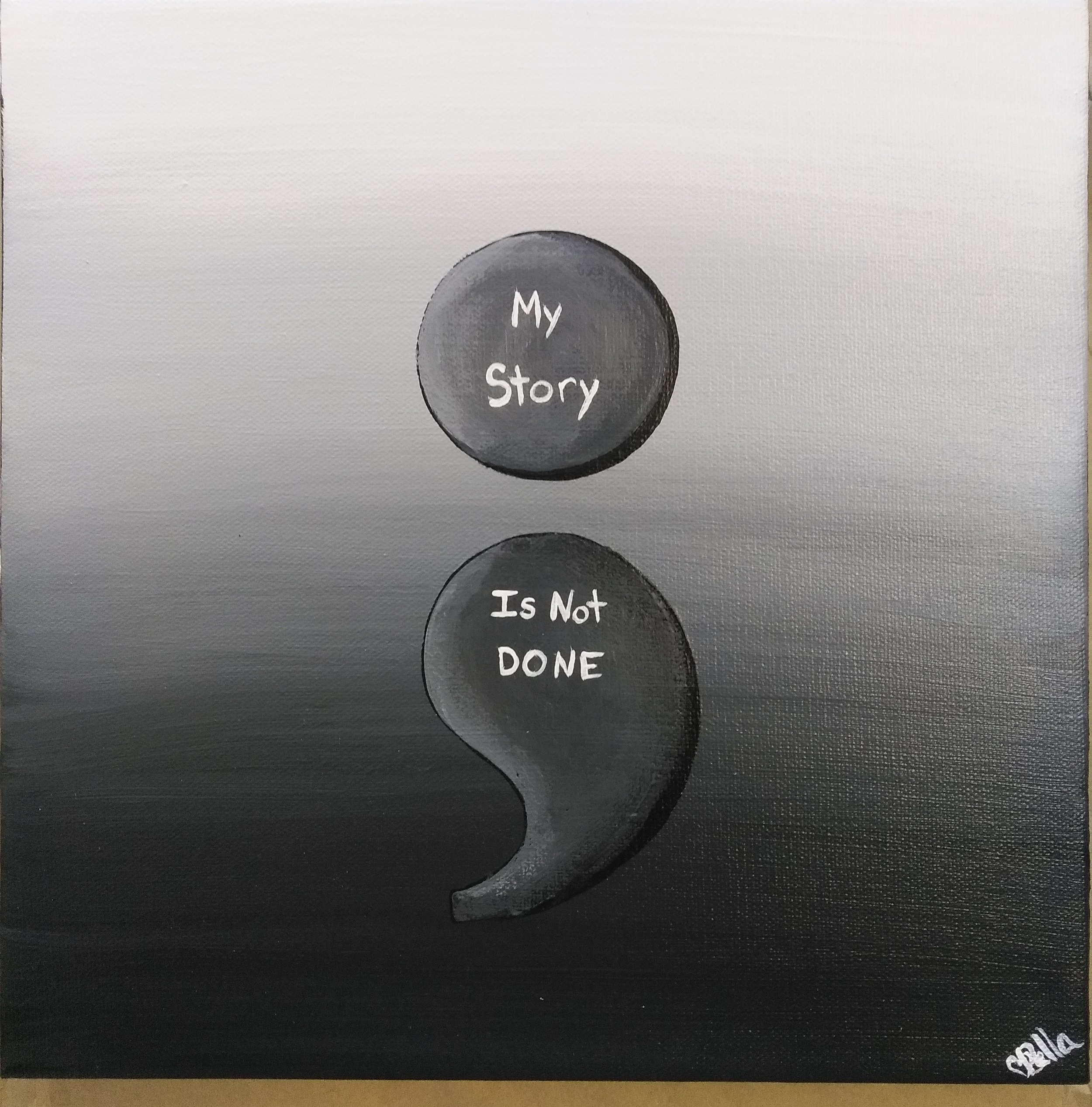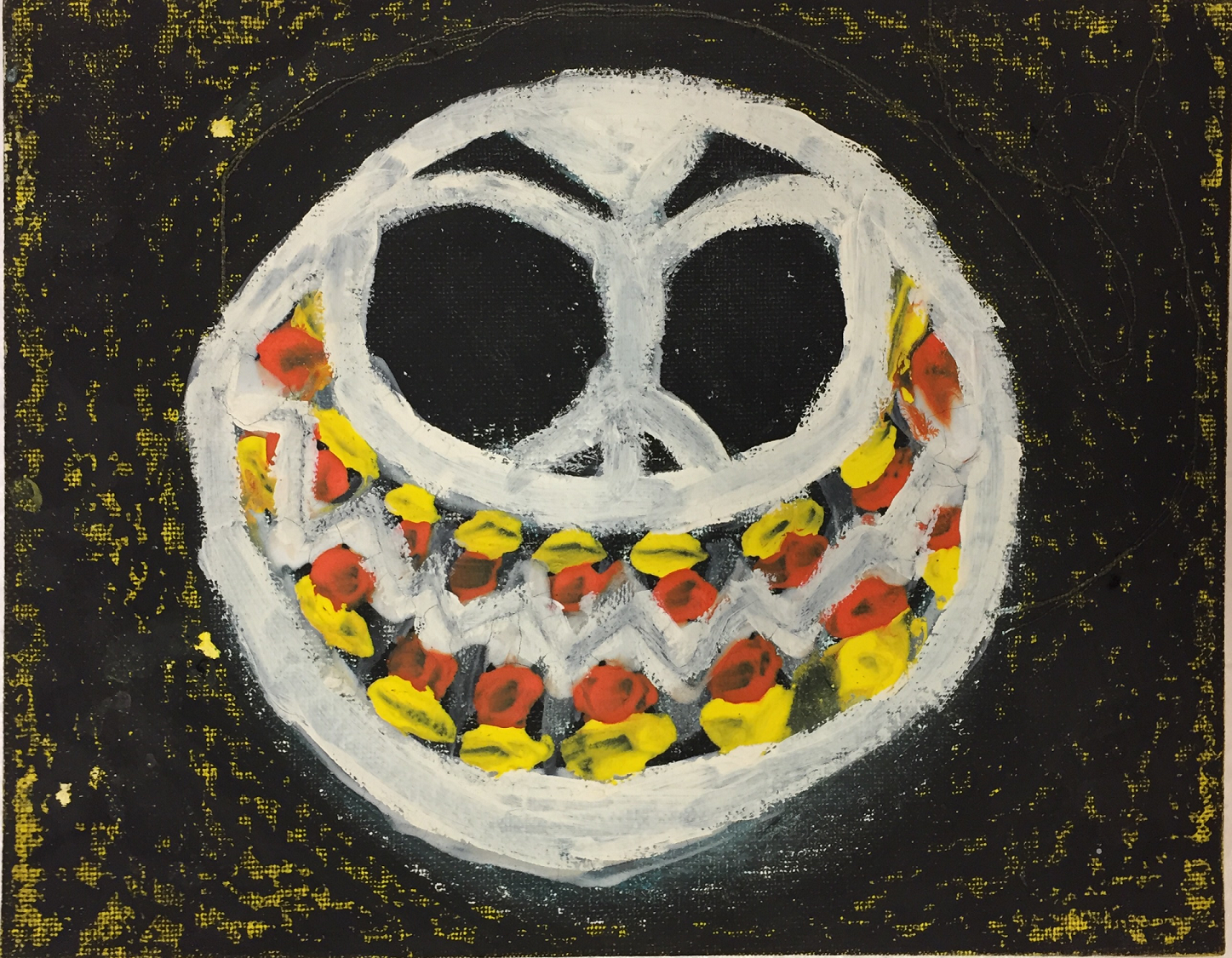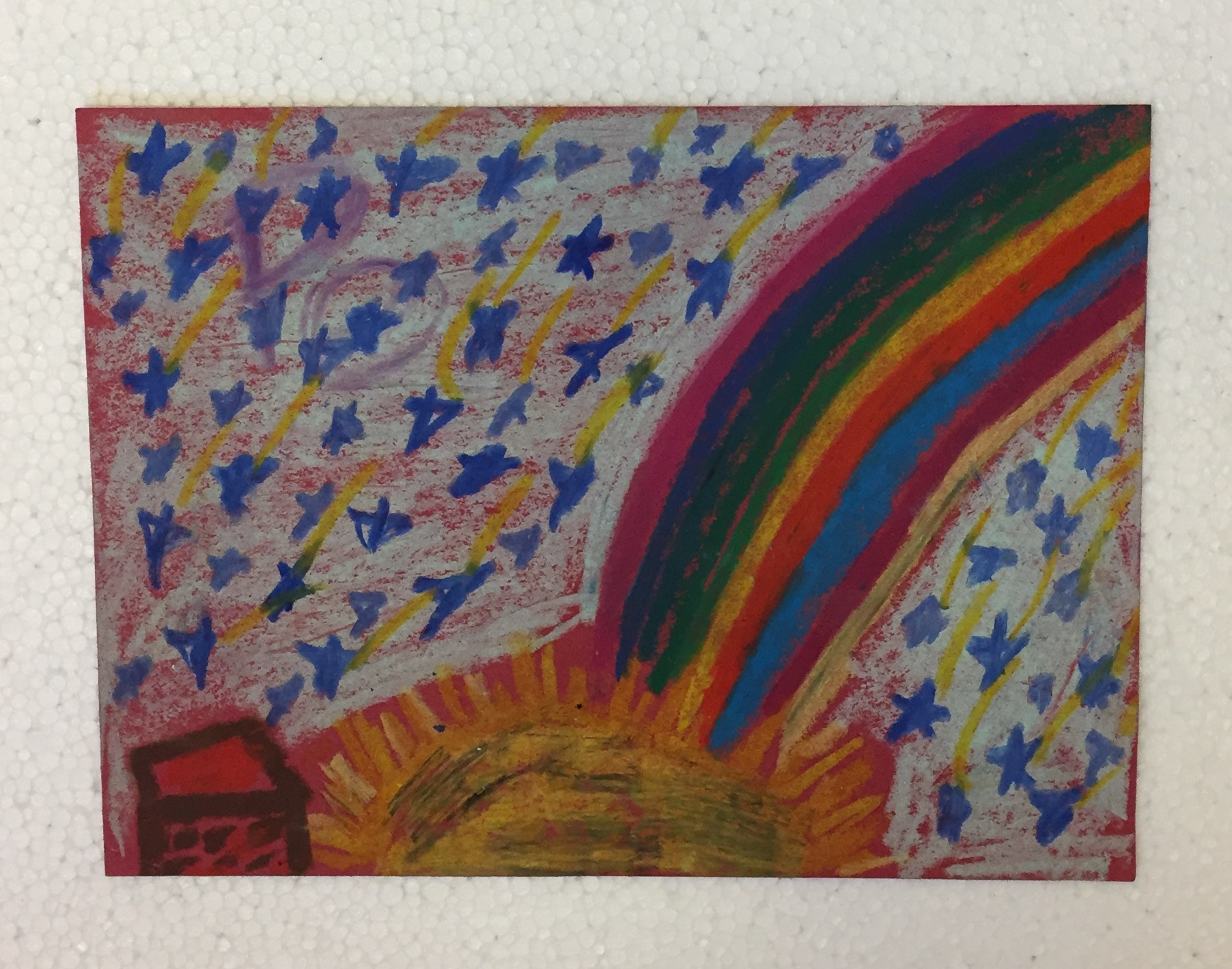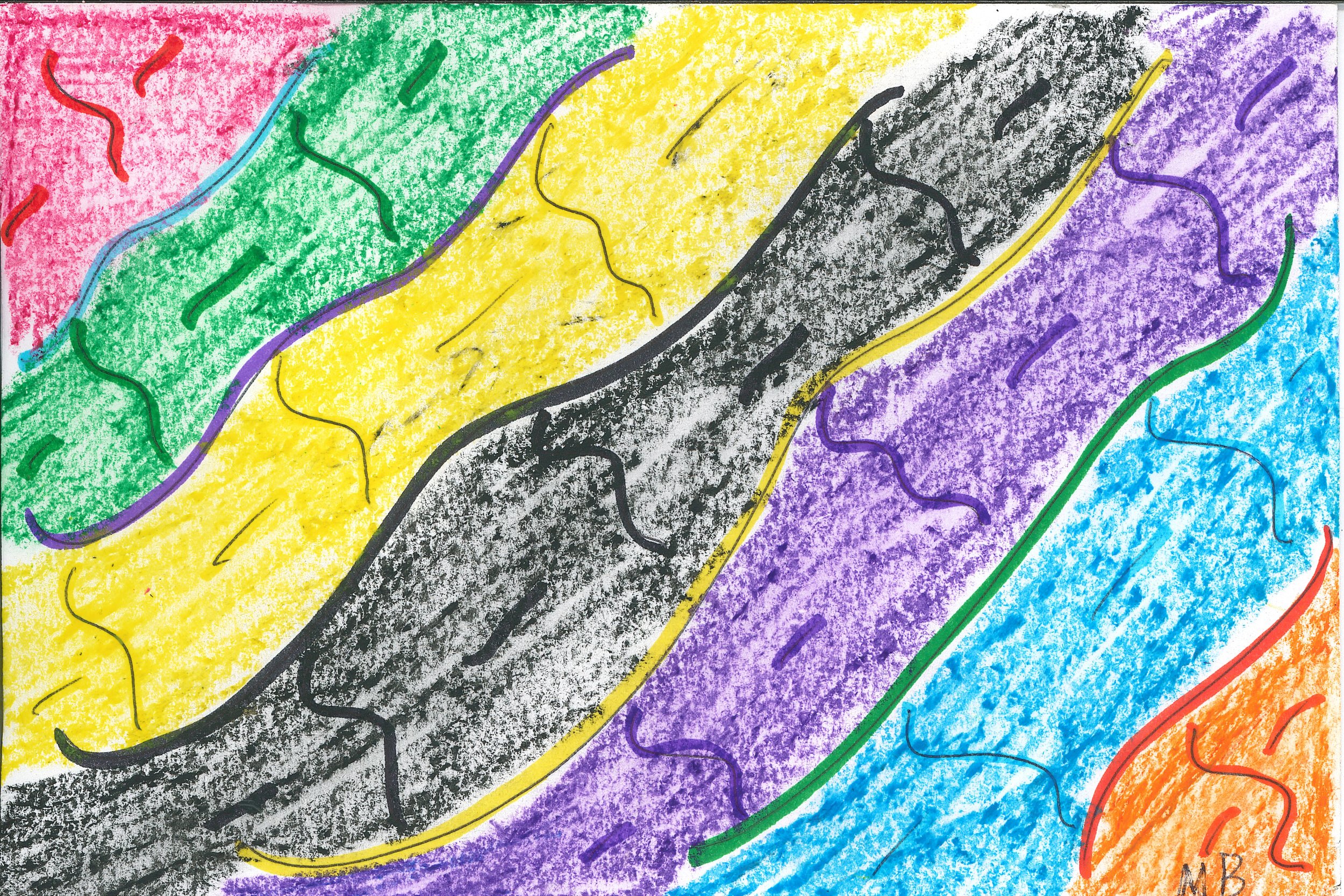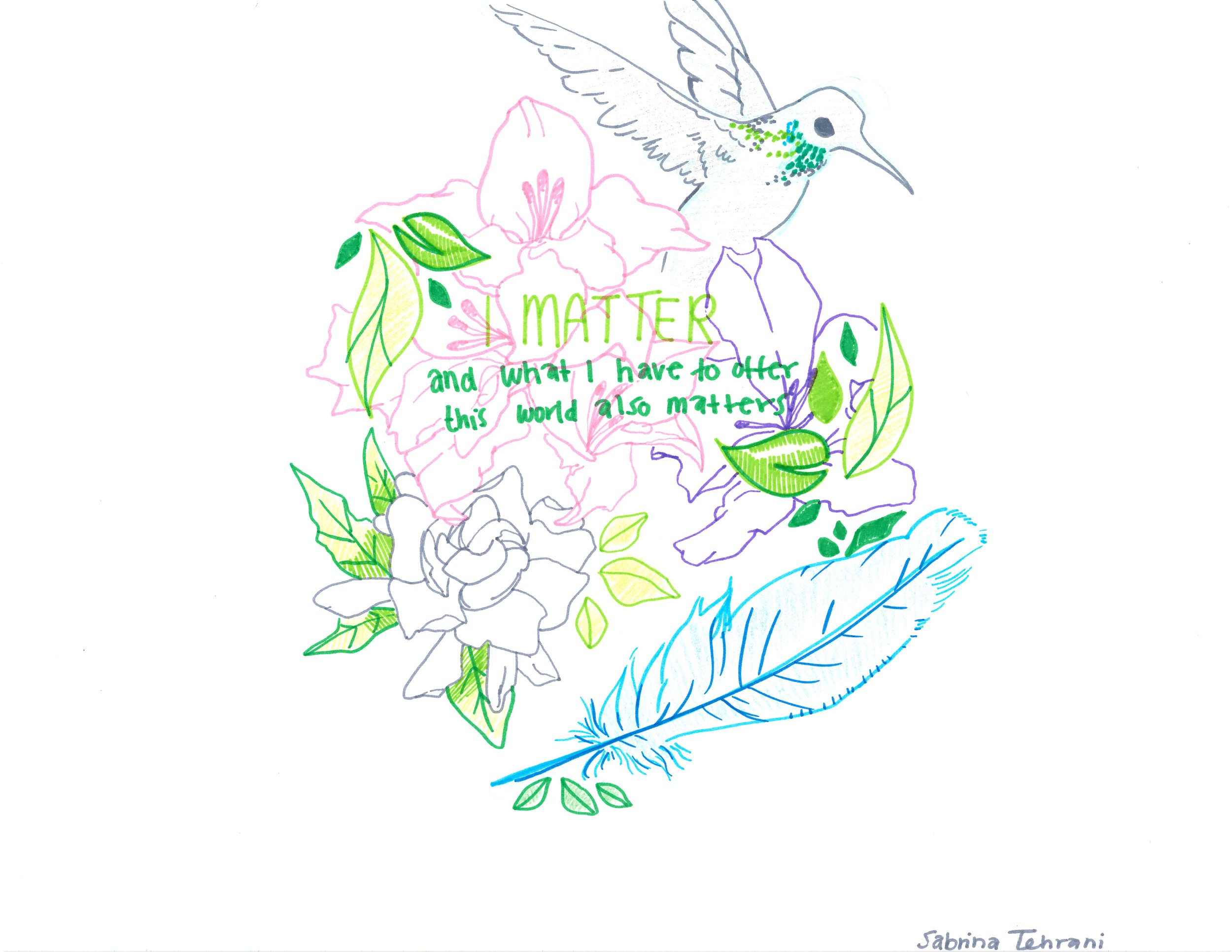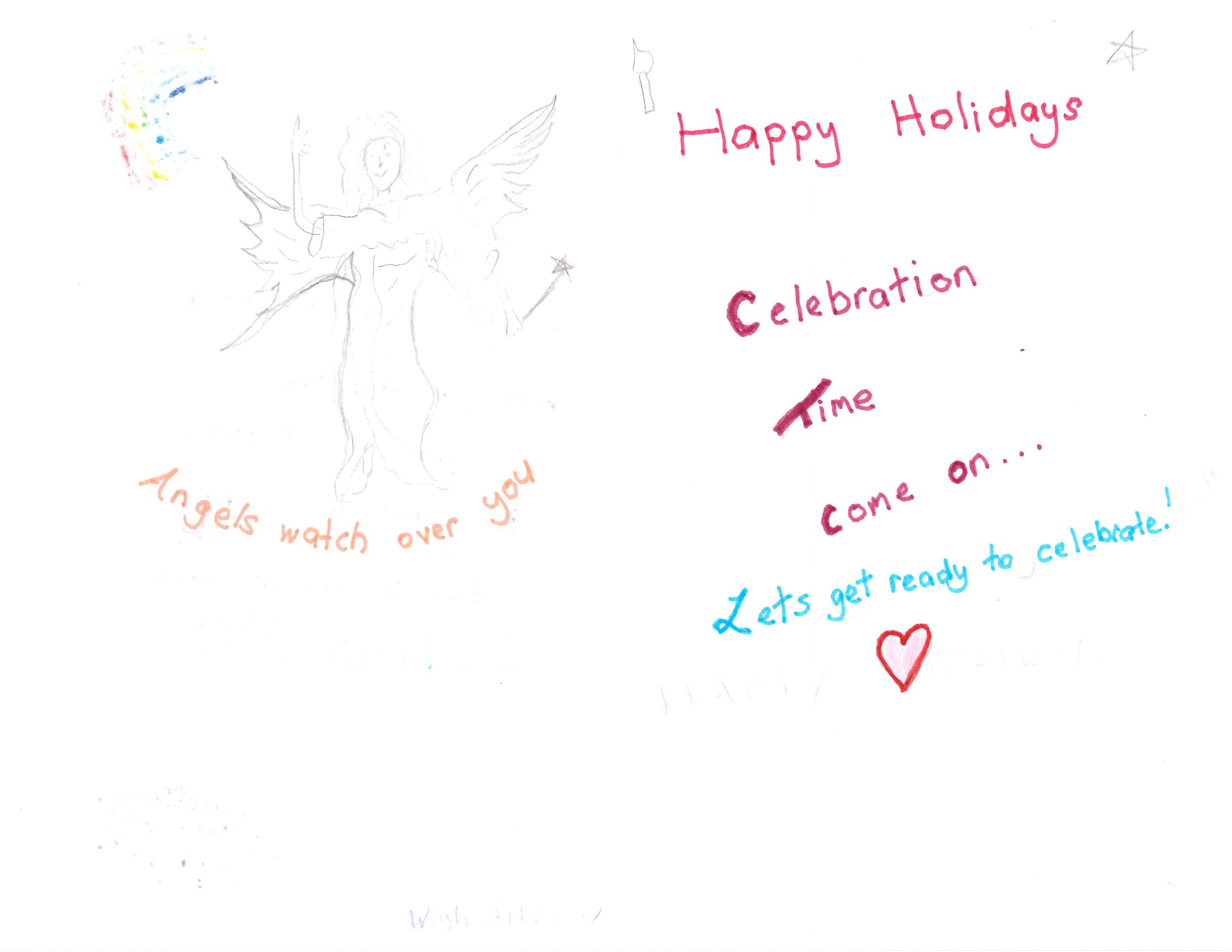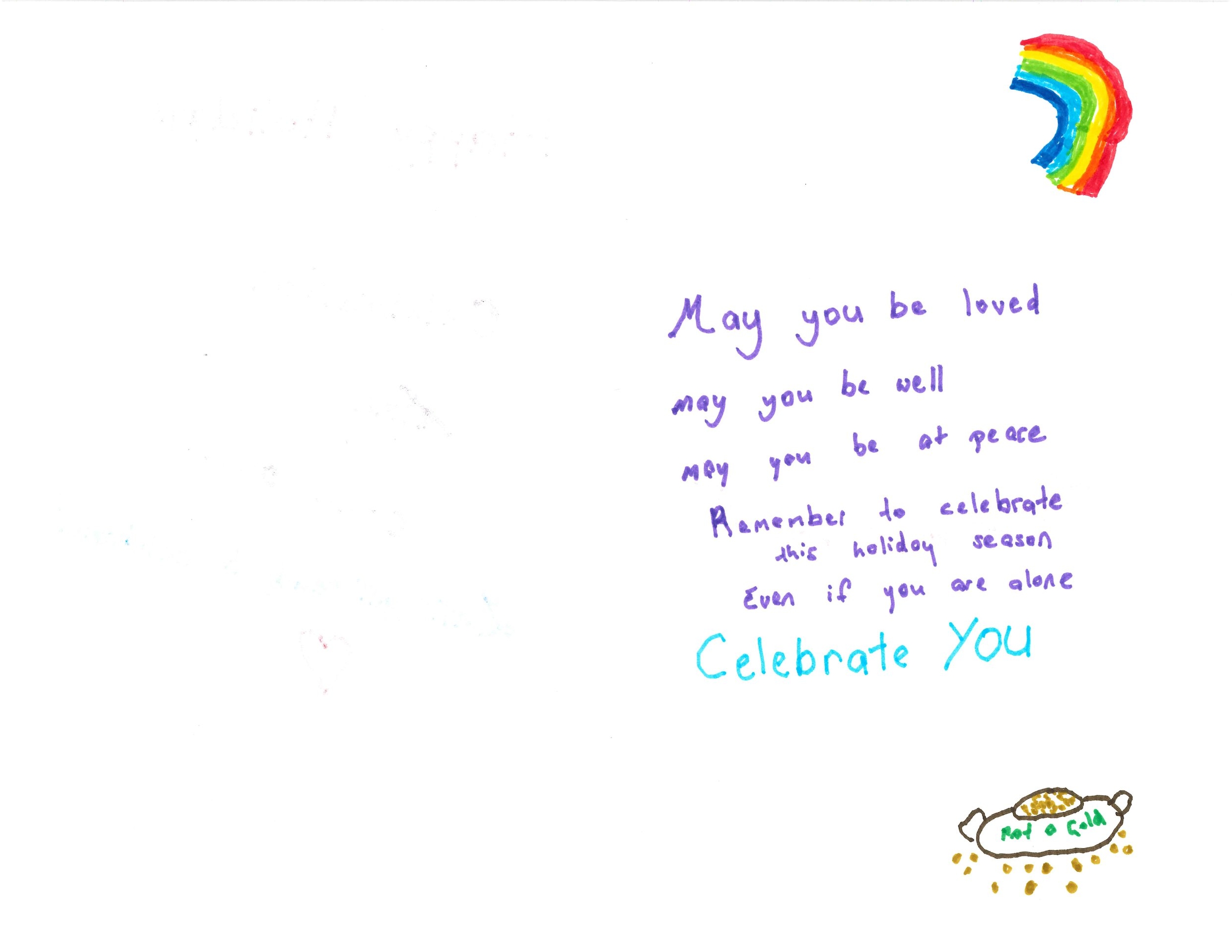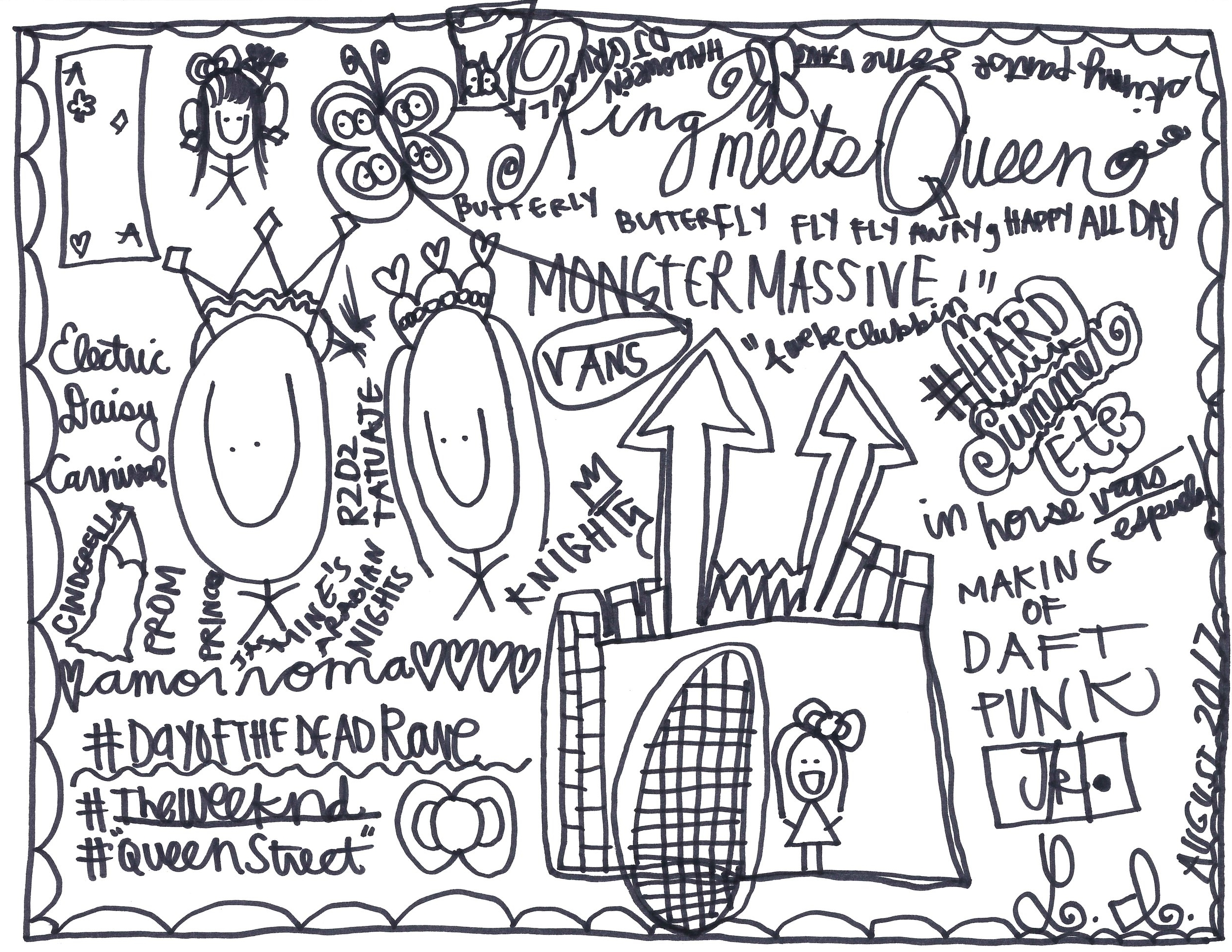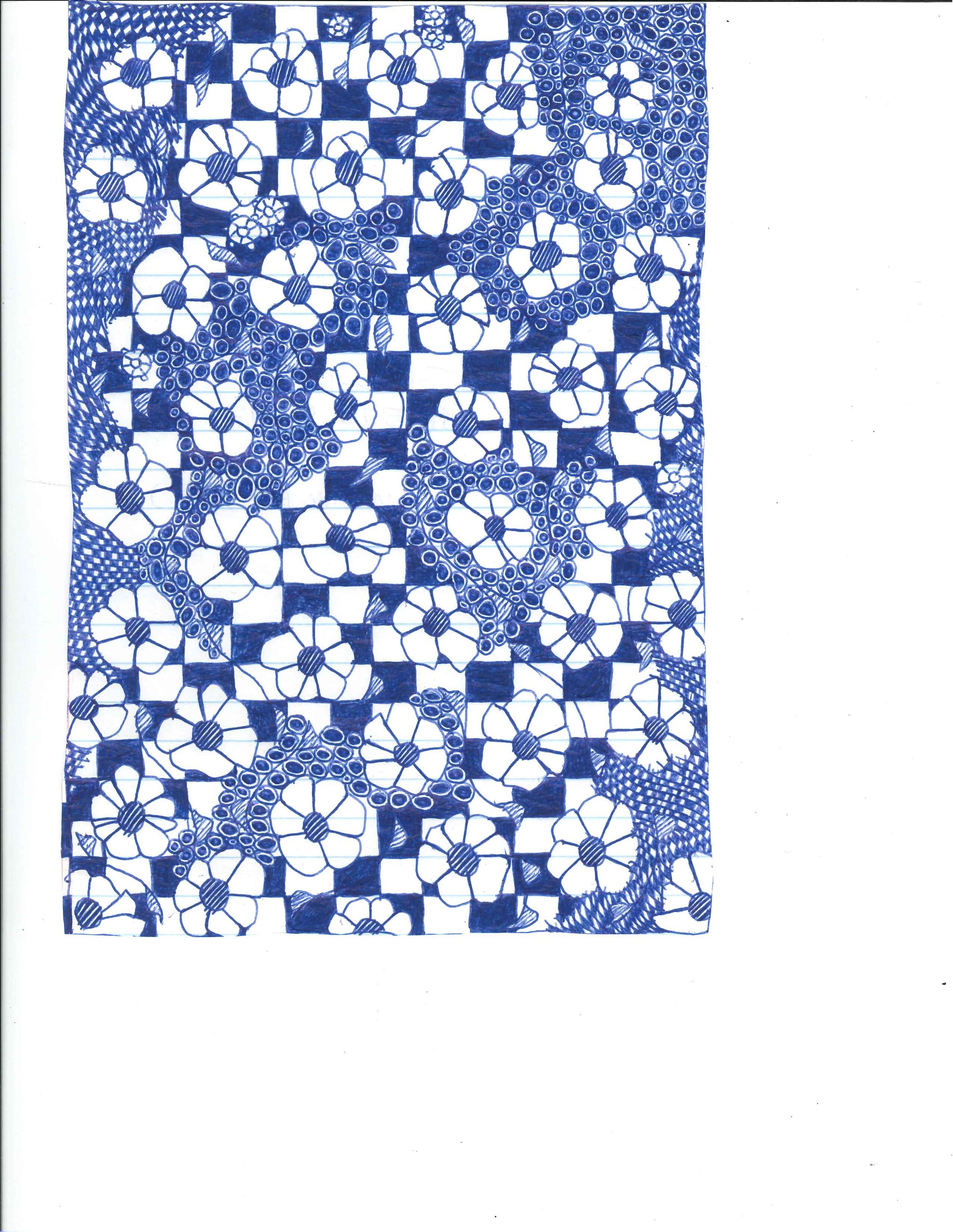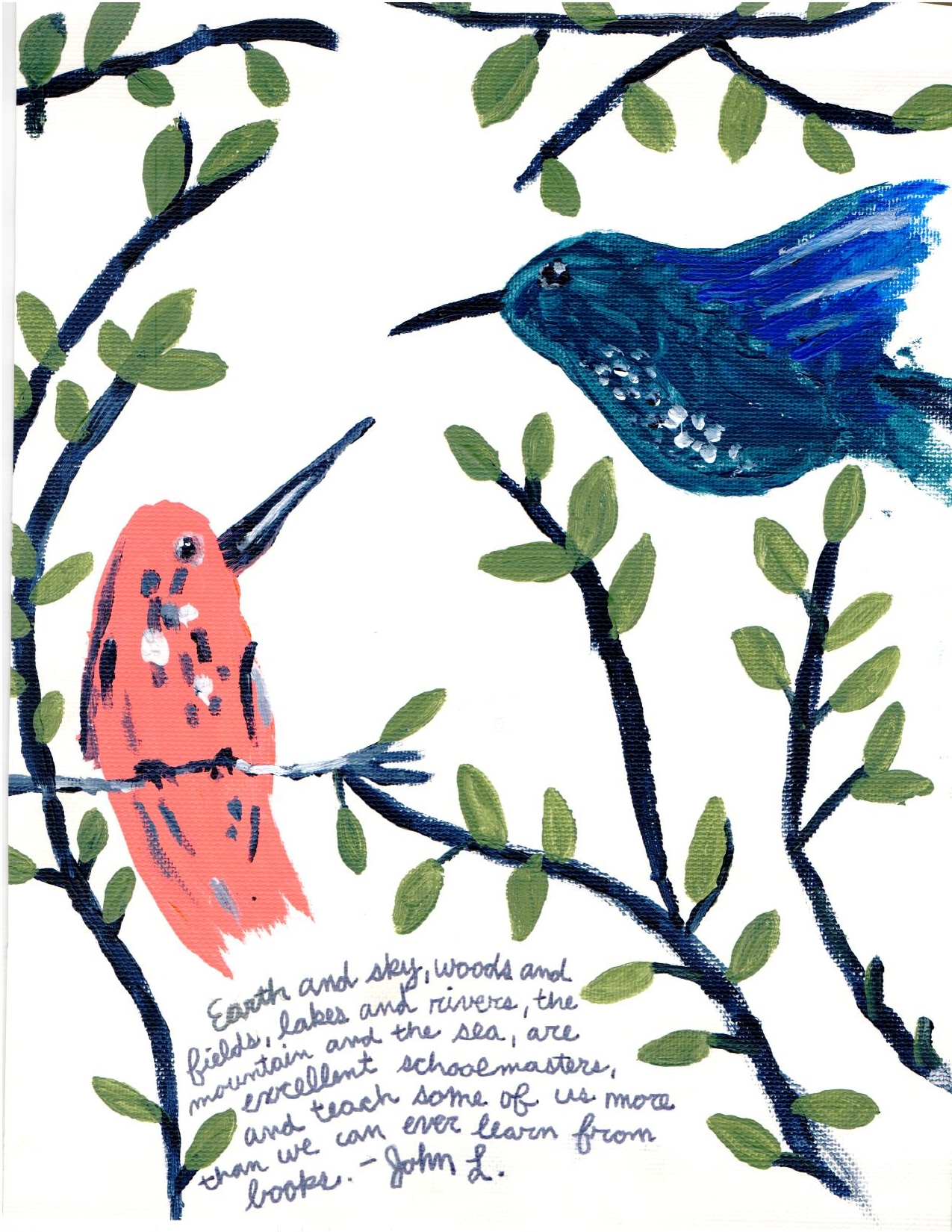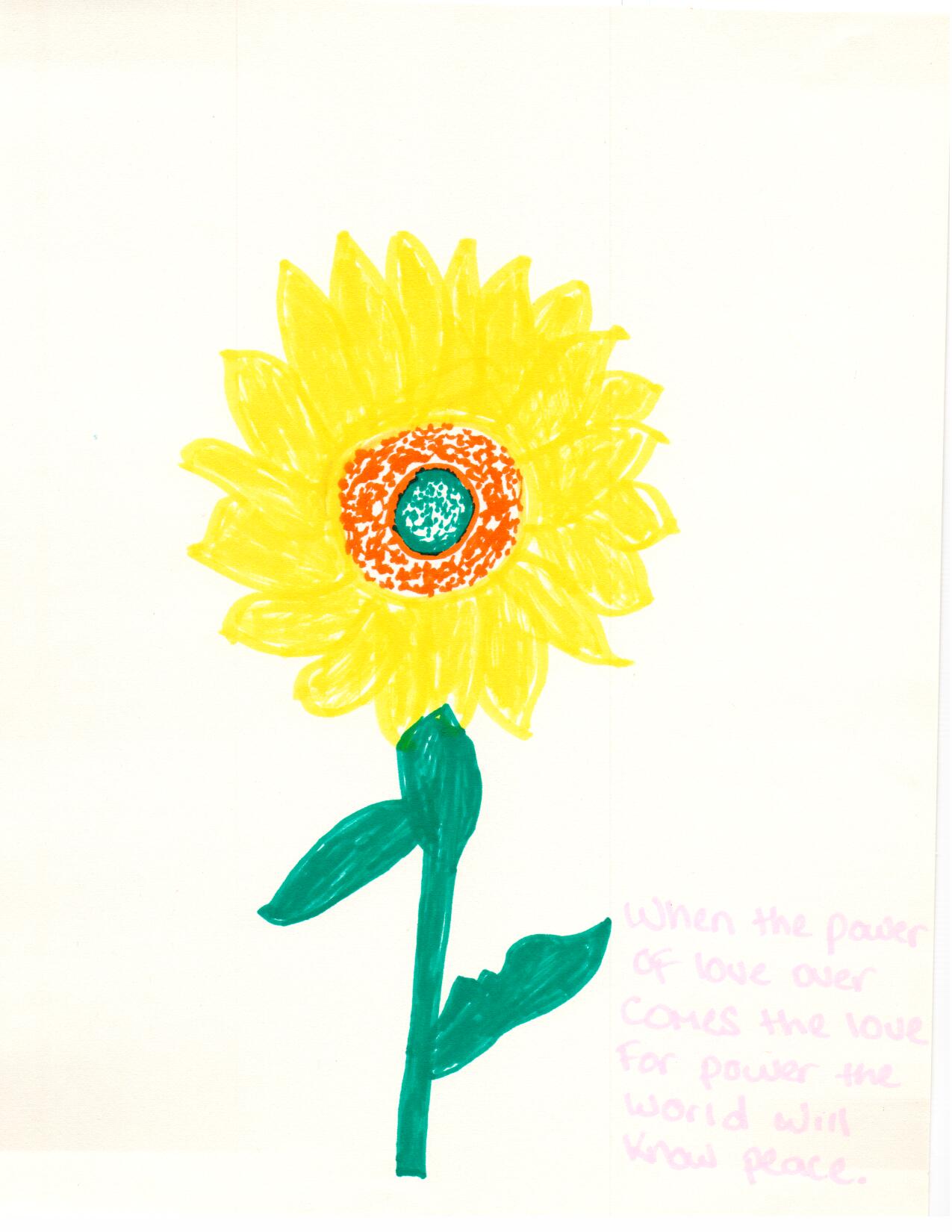RCCS Tidbit of the Month: Connections
/The RCCS Tidbit of the Month is part of ╠└═Ę╠§app's Recovery-Centered Clinical System curriculum to reinforce a culture of recovery in mental health service programs. For more information, .
Our lives are filled with connections. Our loved ones, family members, friends, co-workers, neighbors, our pets, our community, our spirituality, and more. At ╠└═Ę╠§app, we believe connections are also a key component of a person's recovery. Connections are an important part of living a healthy, happy life. Research indicates connectedness reduces symptoms of depression and anxiety, and increases resiliency and hope. In fact, loneliness is now being considered as a new social determinate of health. Recognizing the importance of connections to a society, the United Kingdom has even created a Minister of Loneliness to assist citizens who are feeling disconnected.
In ╠└═Ę╠§app's Recovery-Centered Clinical System (RCCS), we view connections on multiple levels: Connection to Self; Connection to Others; Connection to Community; and Connection to Something Bigger.
Connection to Self involves understanding your values; creating internal boundaries; and being aware of our feelings.
Connection to Others are those relationships you have with close friends, family, partners, and pets.
Connection to Community refers to your living environment and relationships in your neighborhood, clubs, church, work, and school.
Connection to Something Bigger refers to the meaning or purpose in your life, your spirituality, or your recovery journey.
Below is a simple exercise that strengthens connections to your self, others, and your community. Click here to download a PDF version to use at home or in the office.
Practice:
In a group of any size, have everyone sit in a circle with a blank piece of paper and pen.
Have everyone write their name on the top of the paper.
Now, everyone passes their paper to the right and writes down one thing they appreciate or admire about the person whose name is at the top.
After 15-20 seconds, everyone passes the paper they have to the right and repeats the exercise.
Continue until the papers go full circle and everyone ends up with the paper with their name on it.
Review what others wrote about you. Are you surprised? What stands out to you? Do they see things that you don't? What strengths of yours do they see? Consider how you are connected to this community of people.
Practice with clients or members of programs, groups, or however you'd like. This practice is geared to help individuals connect to Self, Others and Community.






